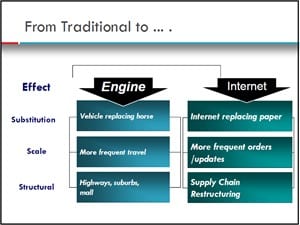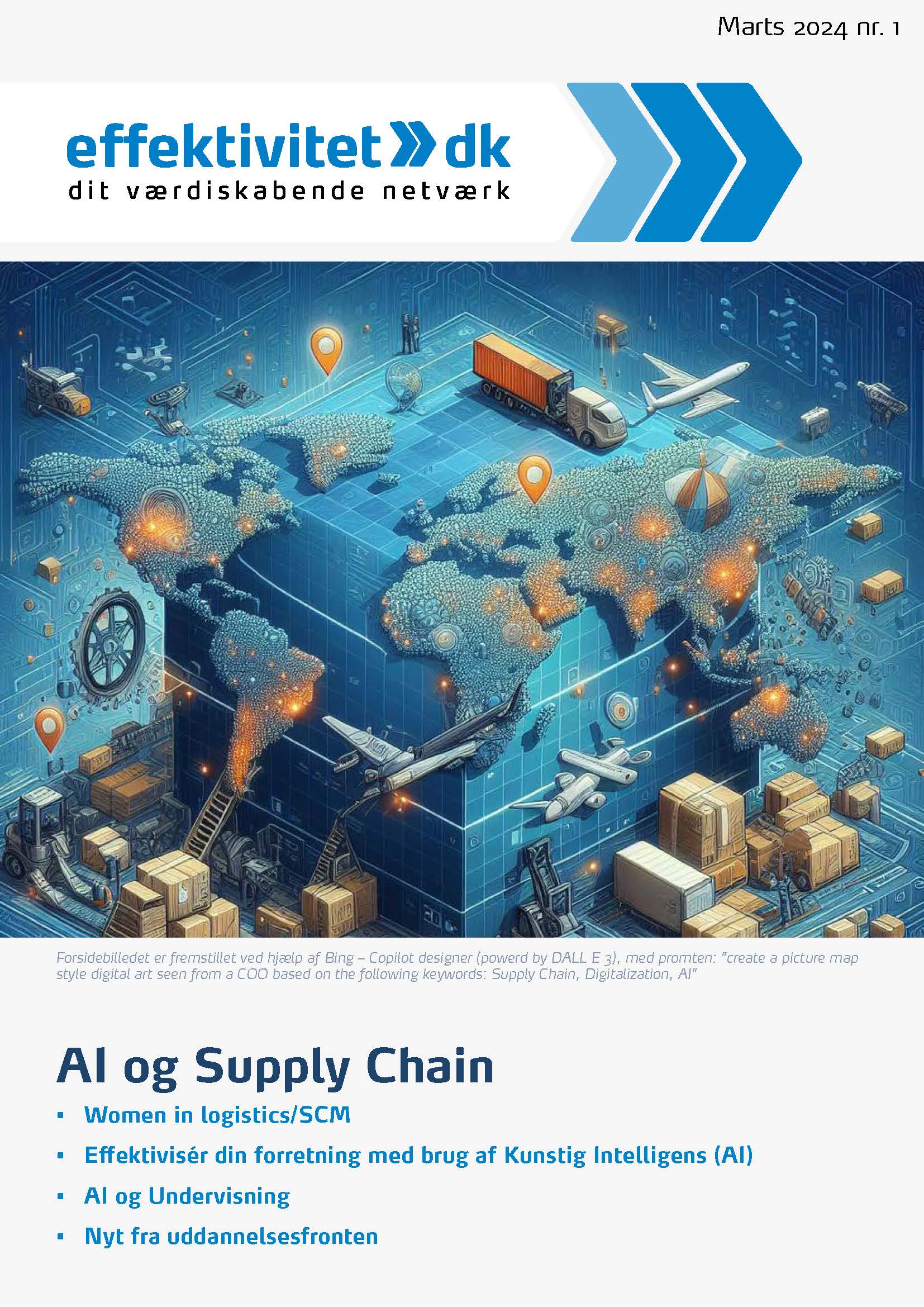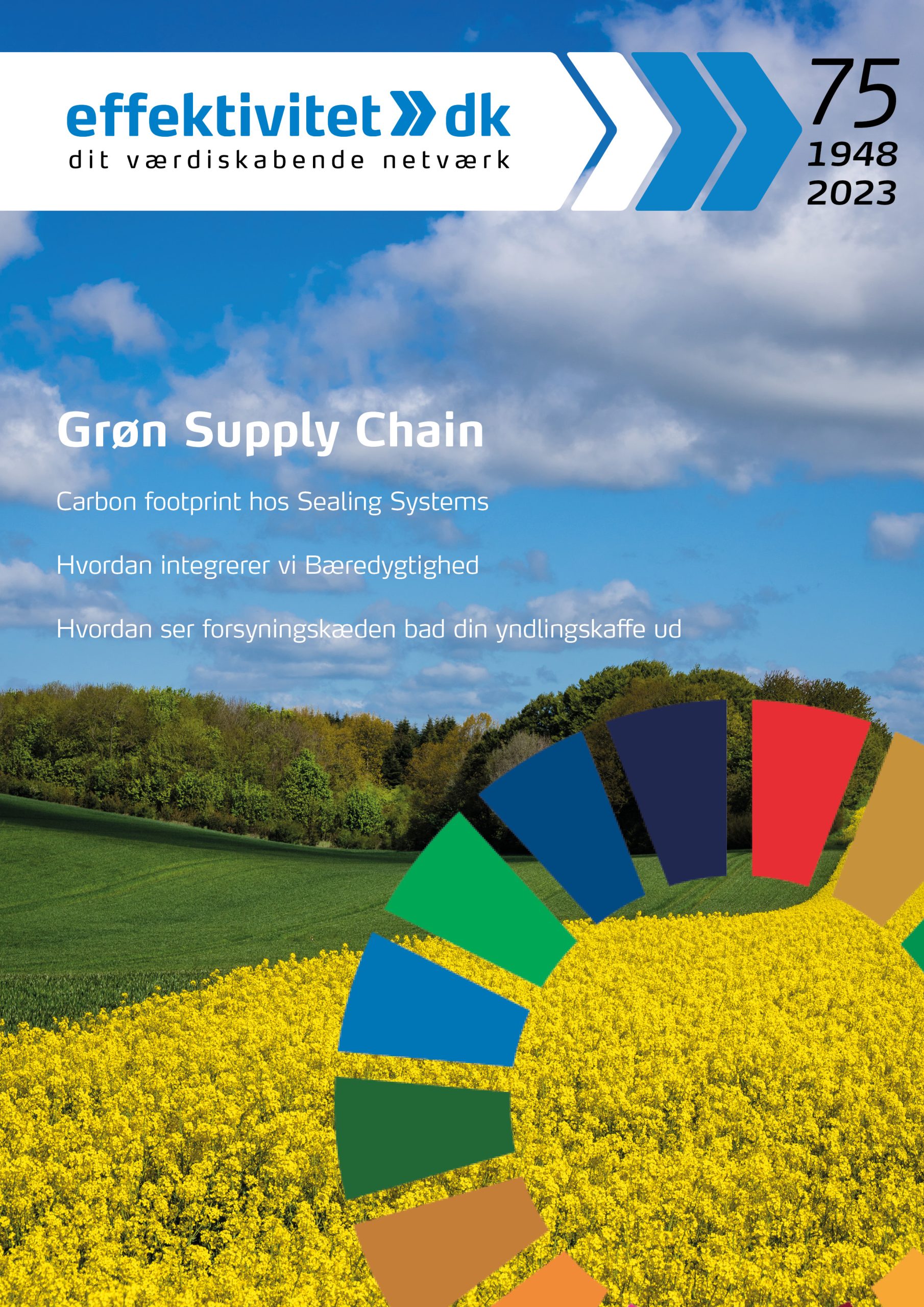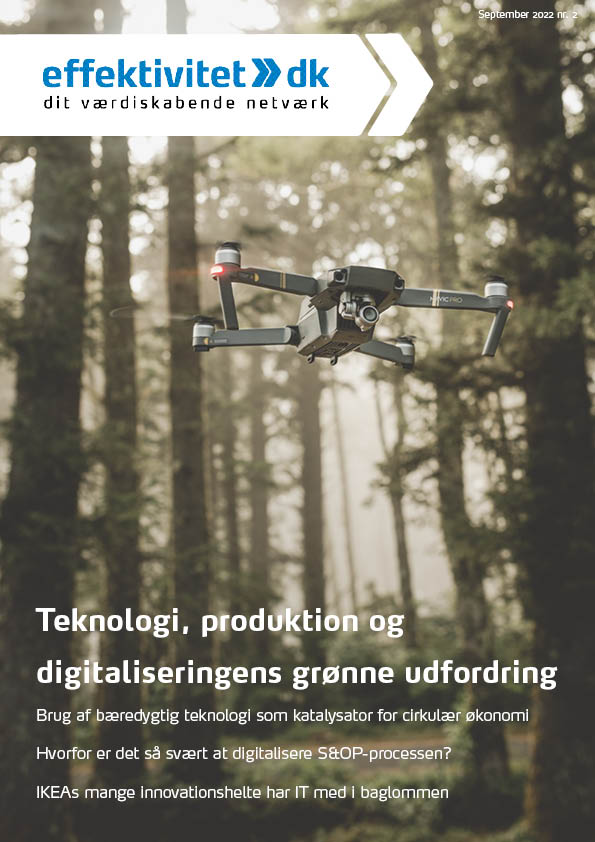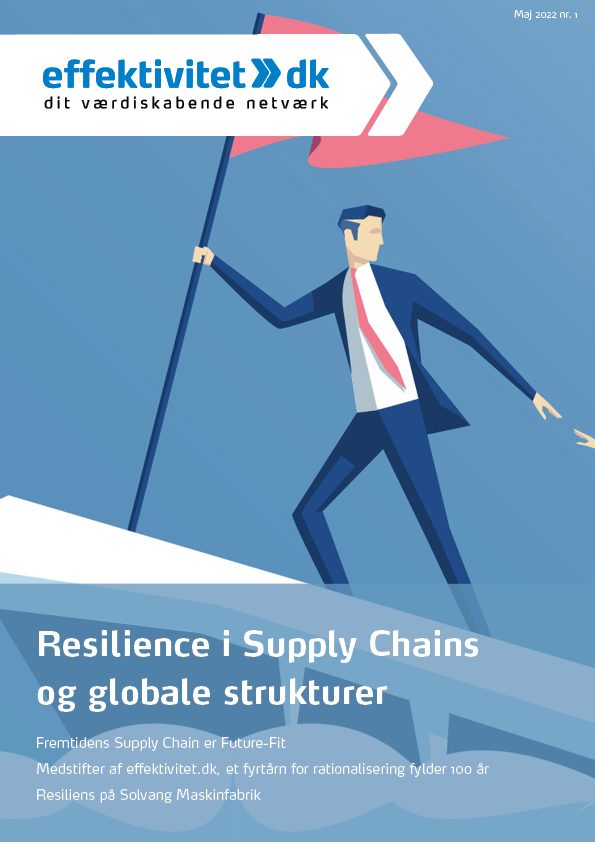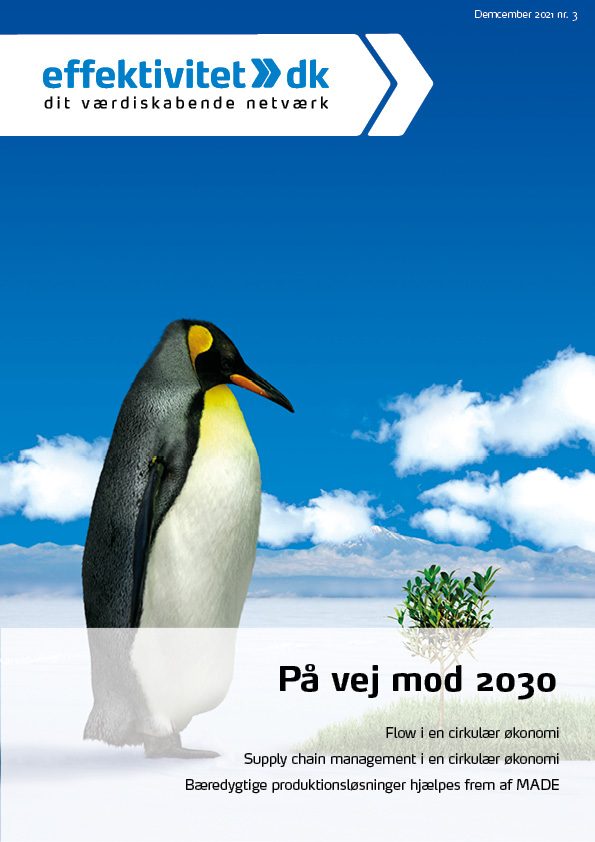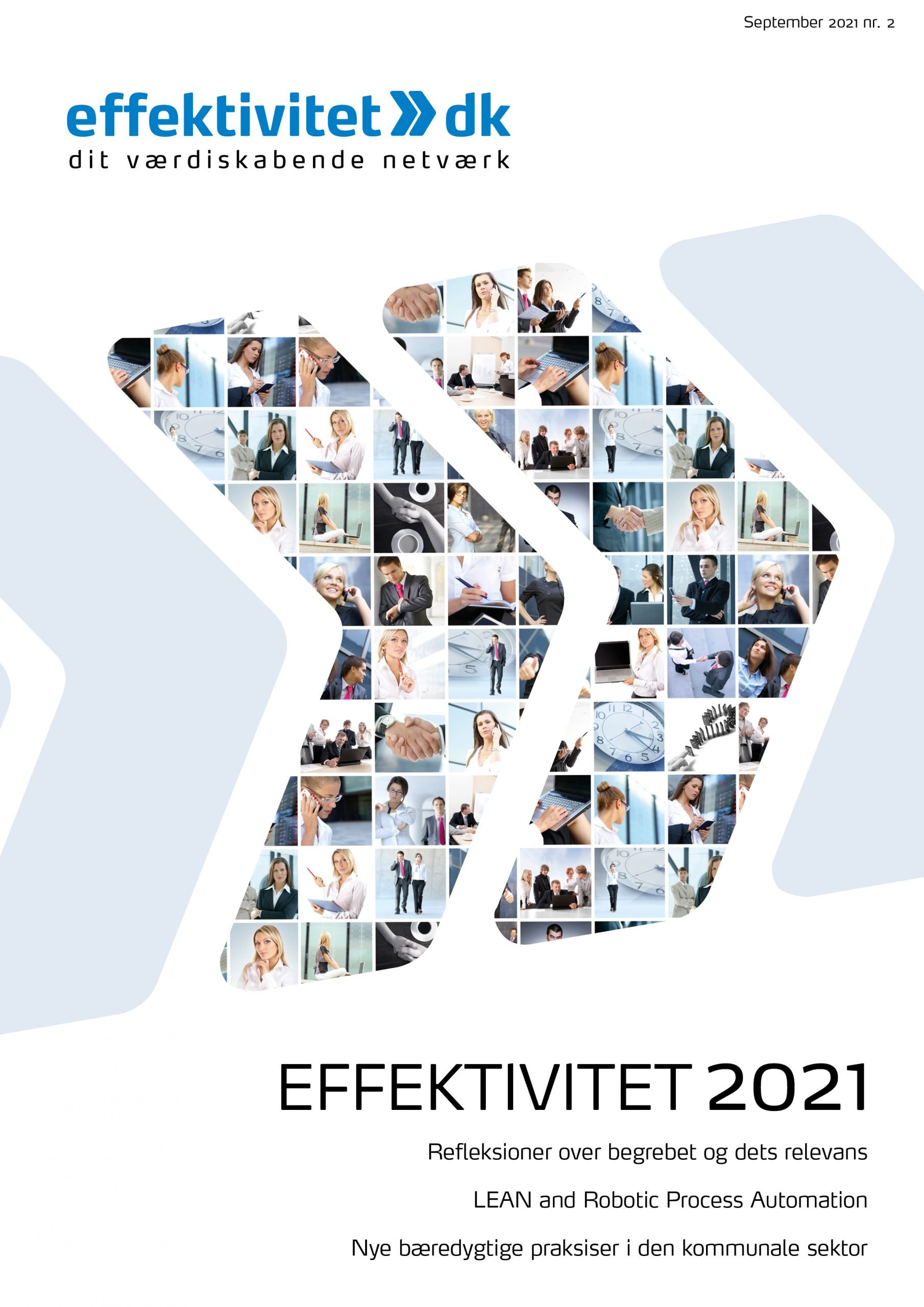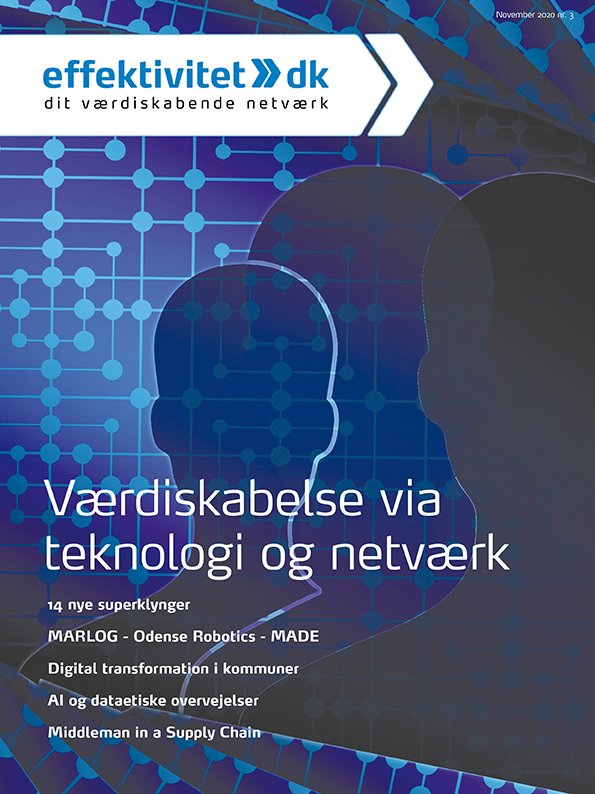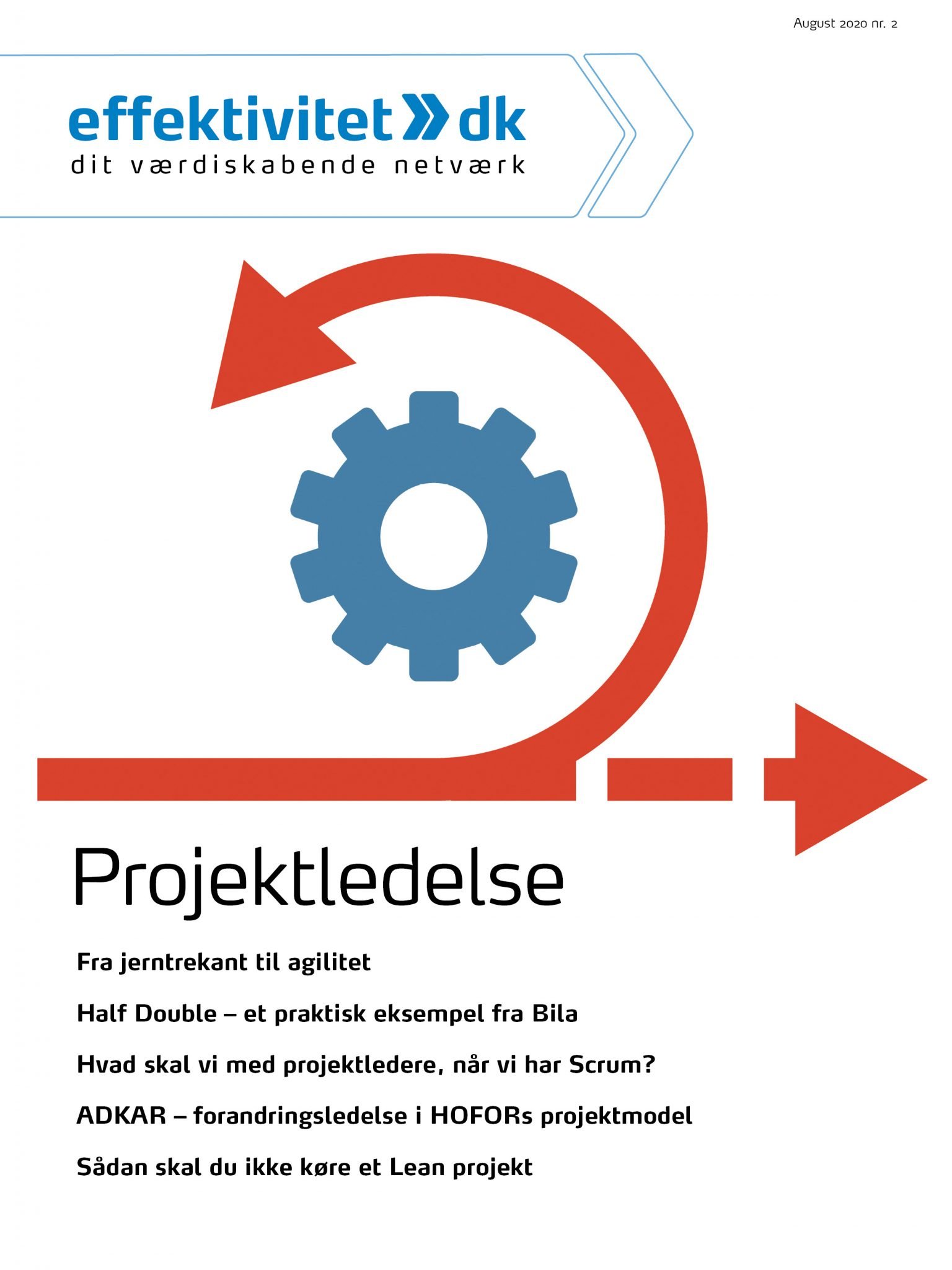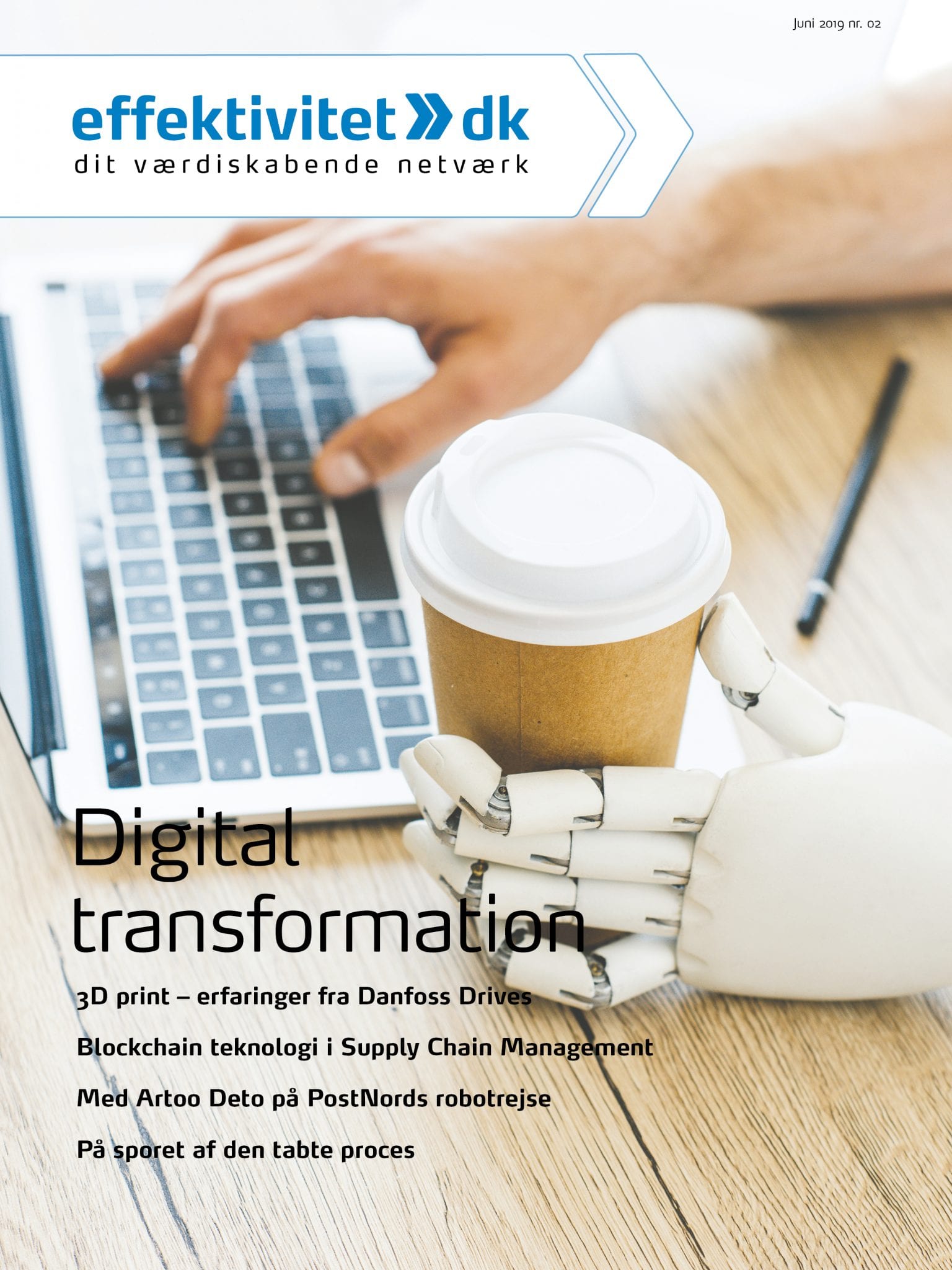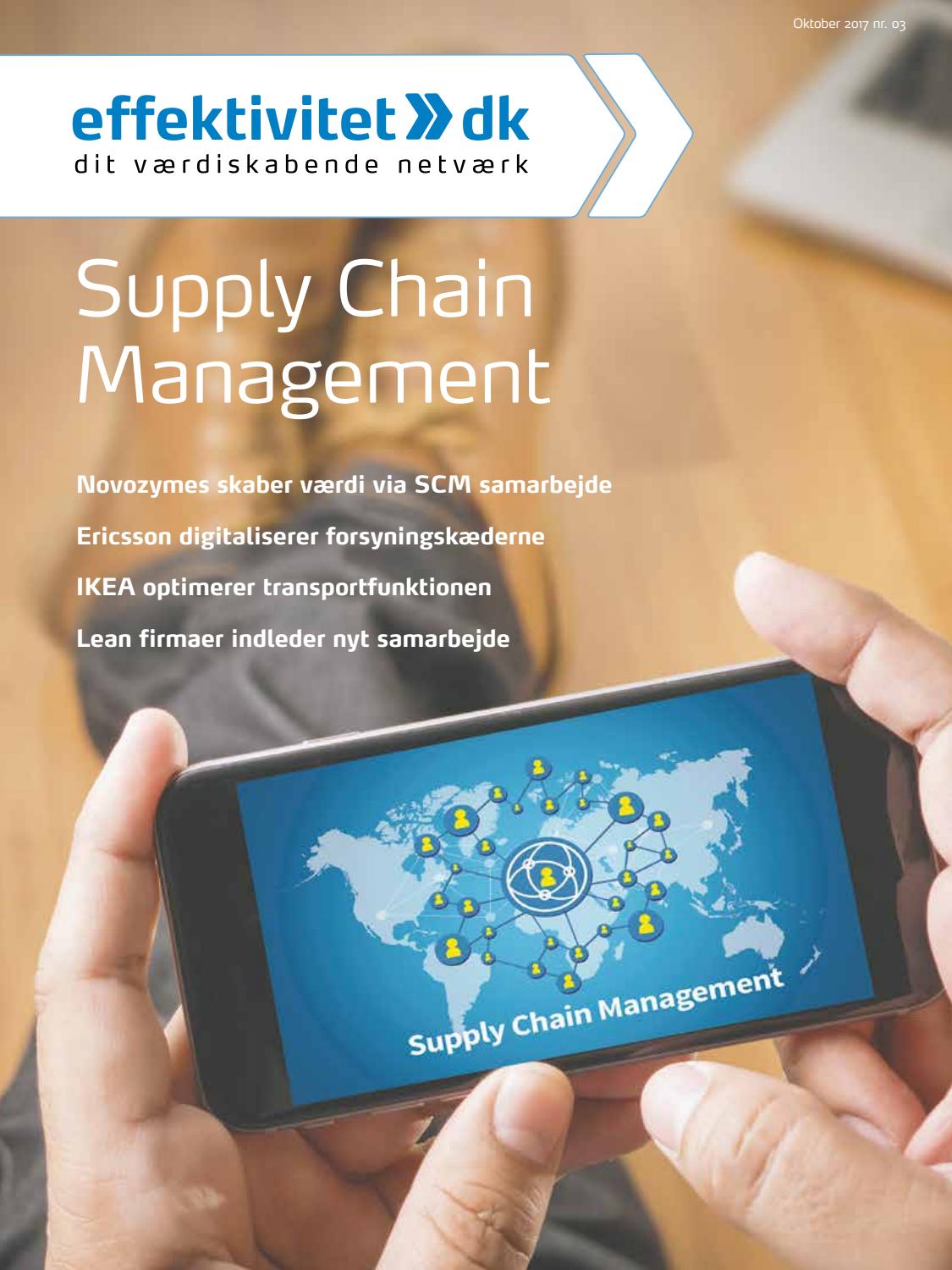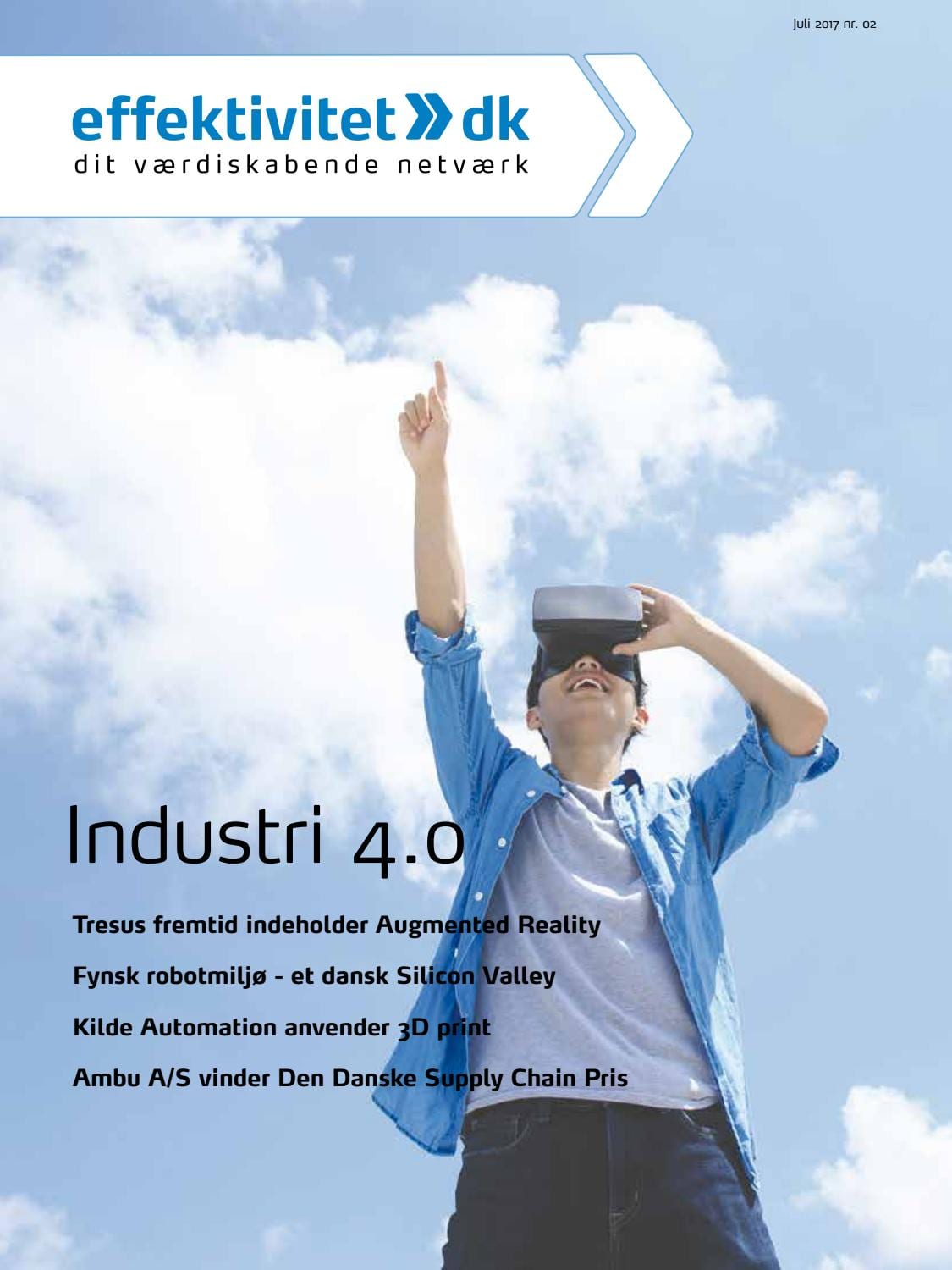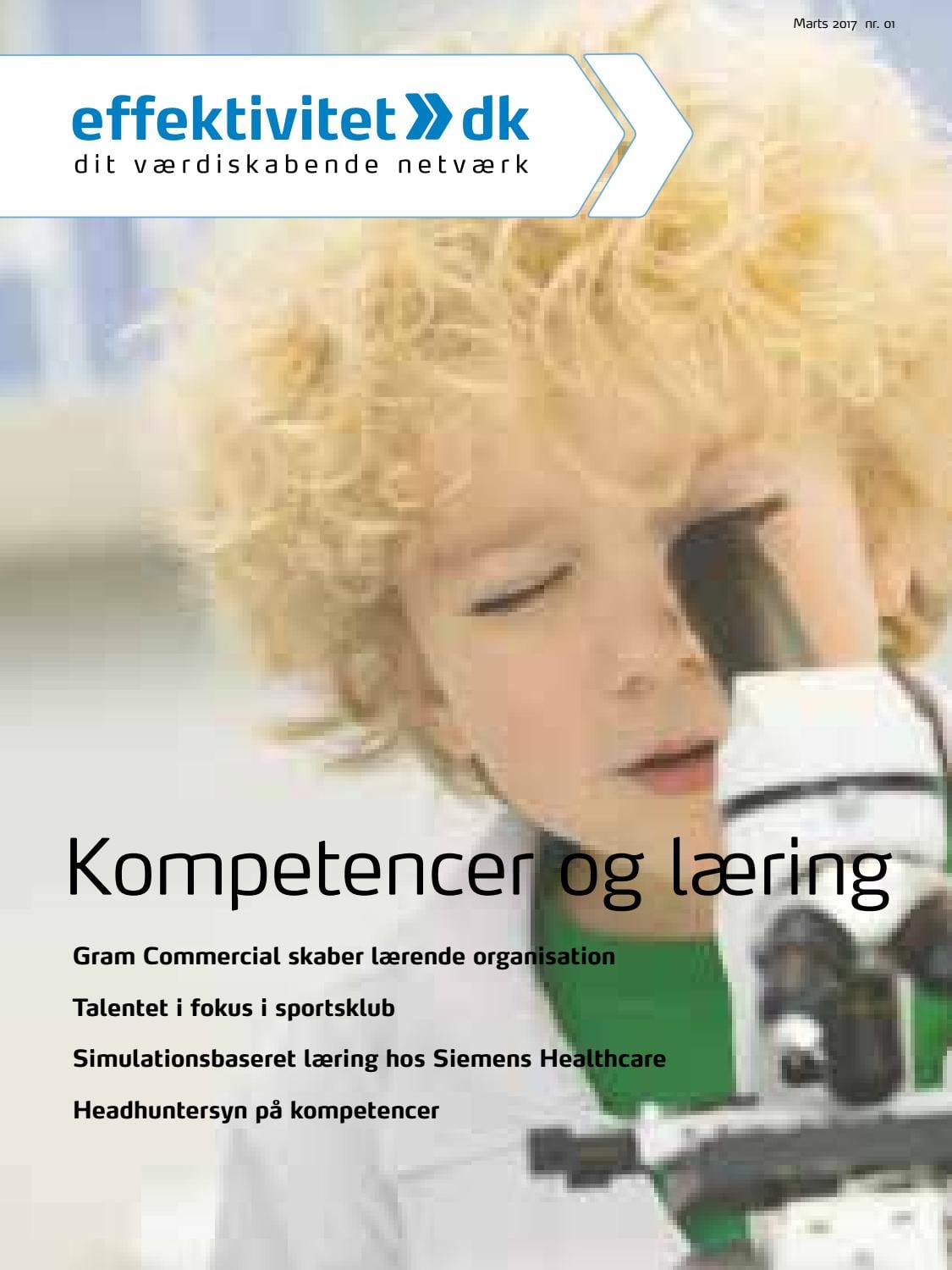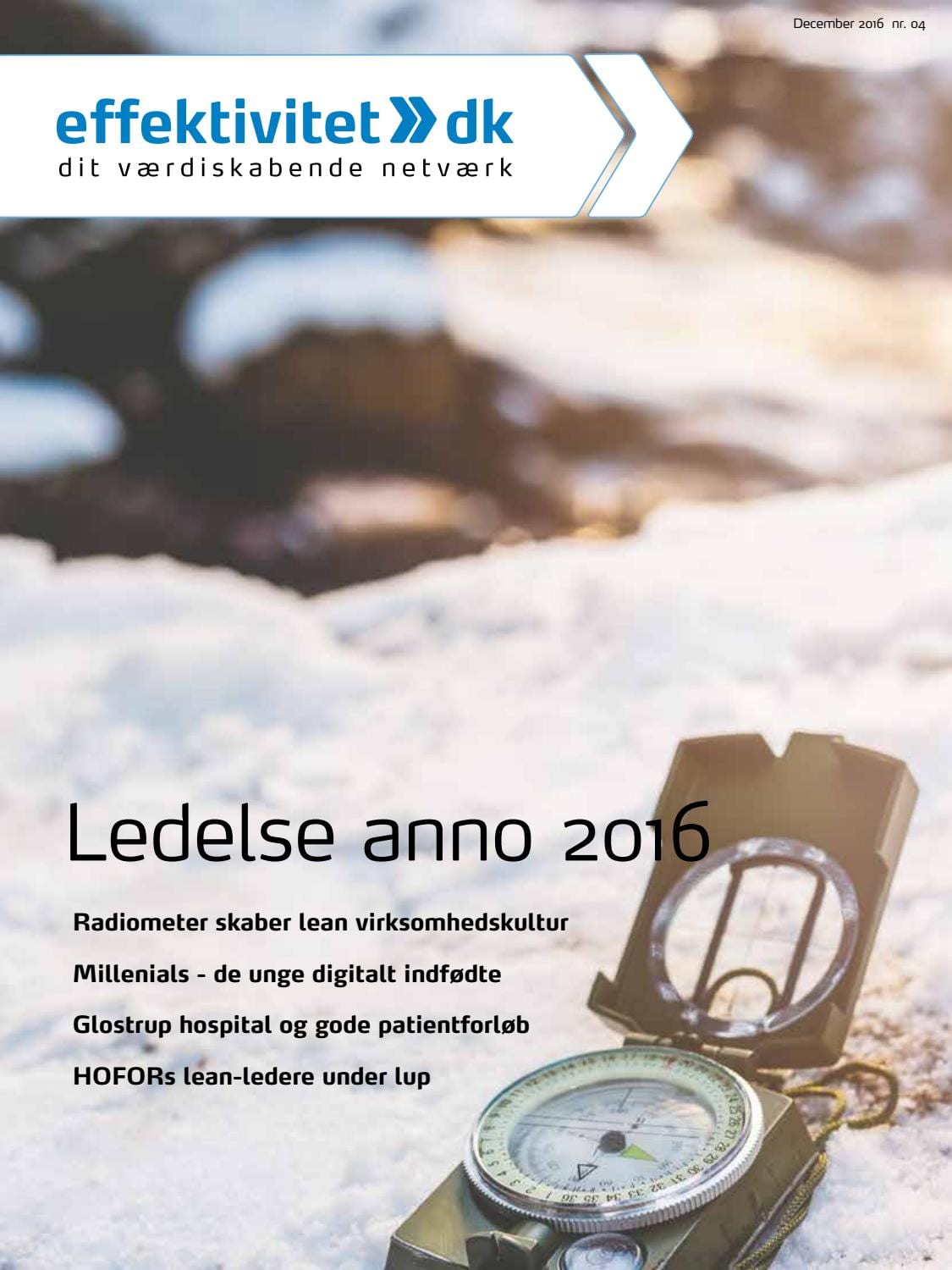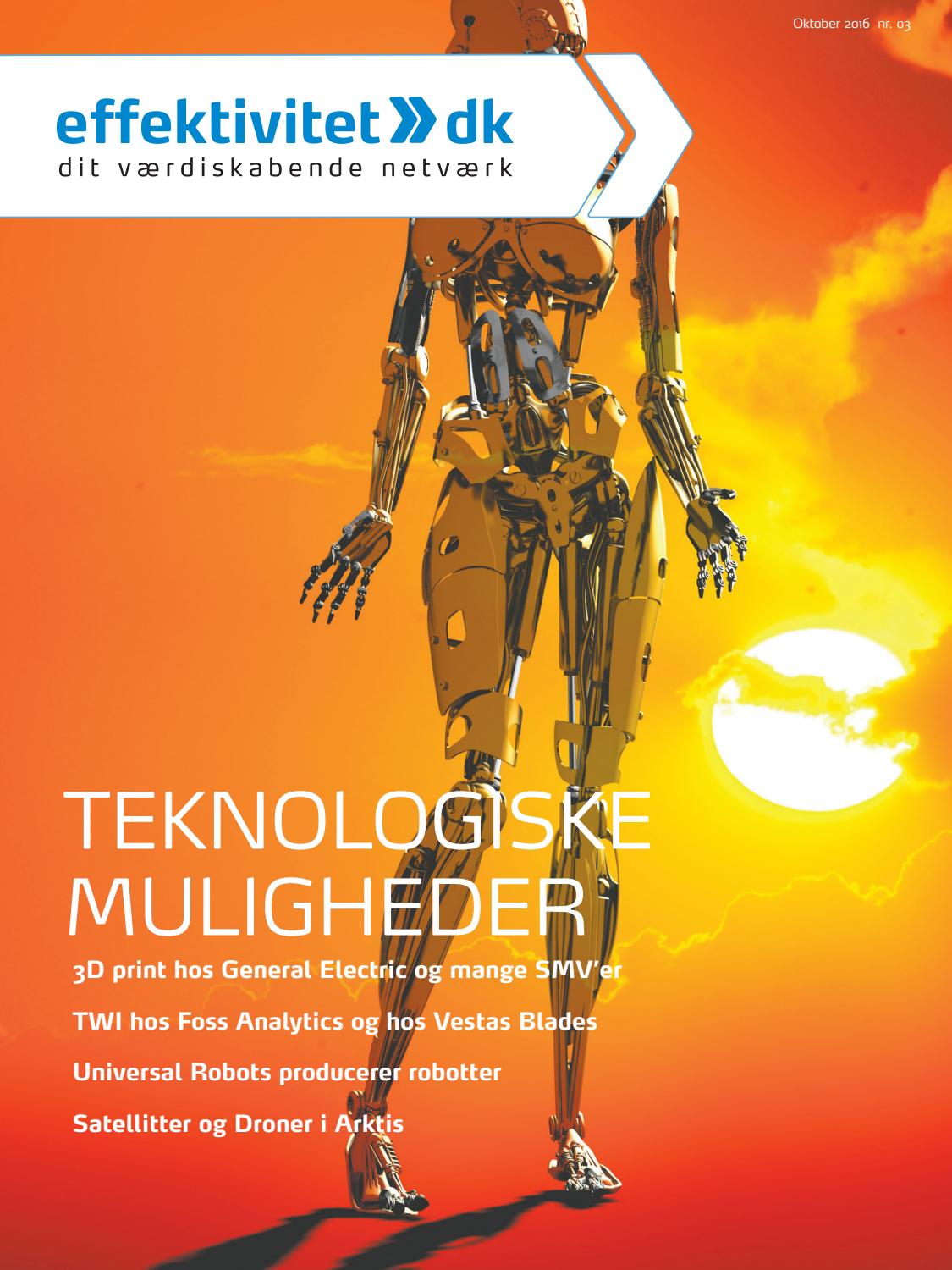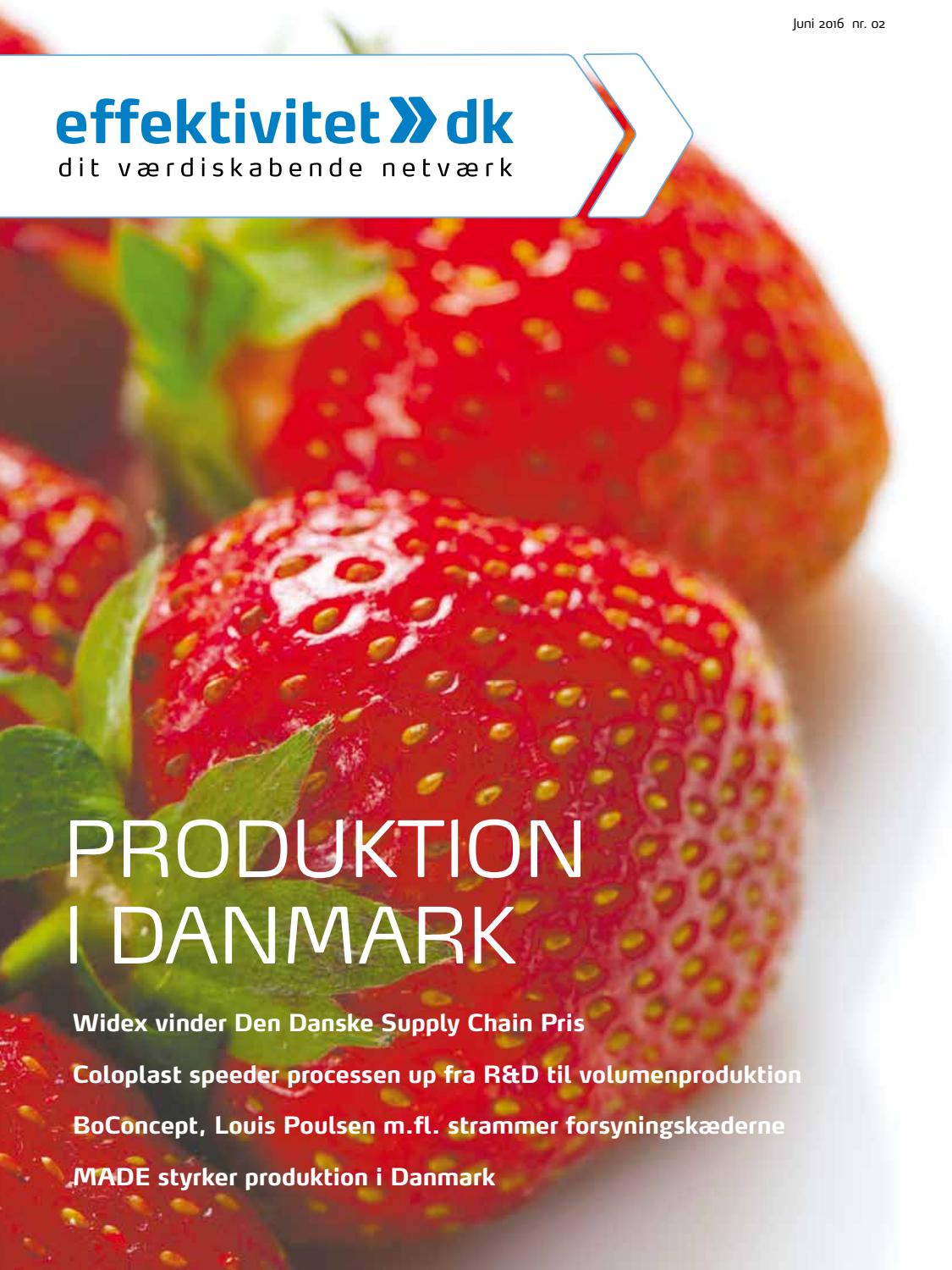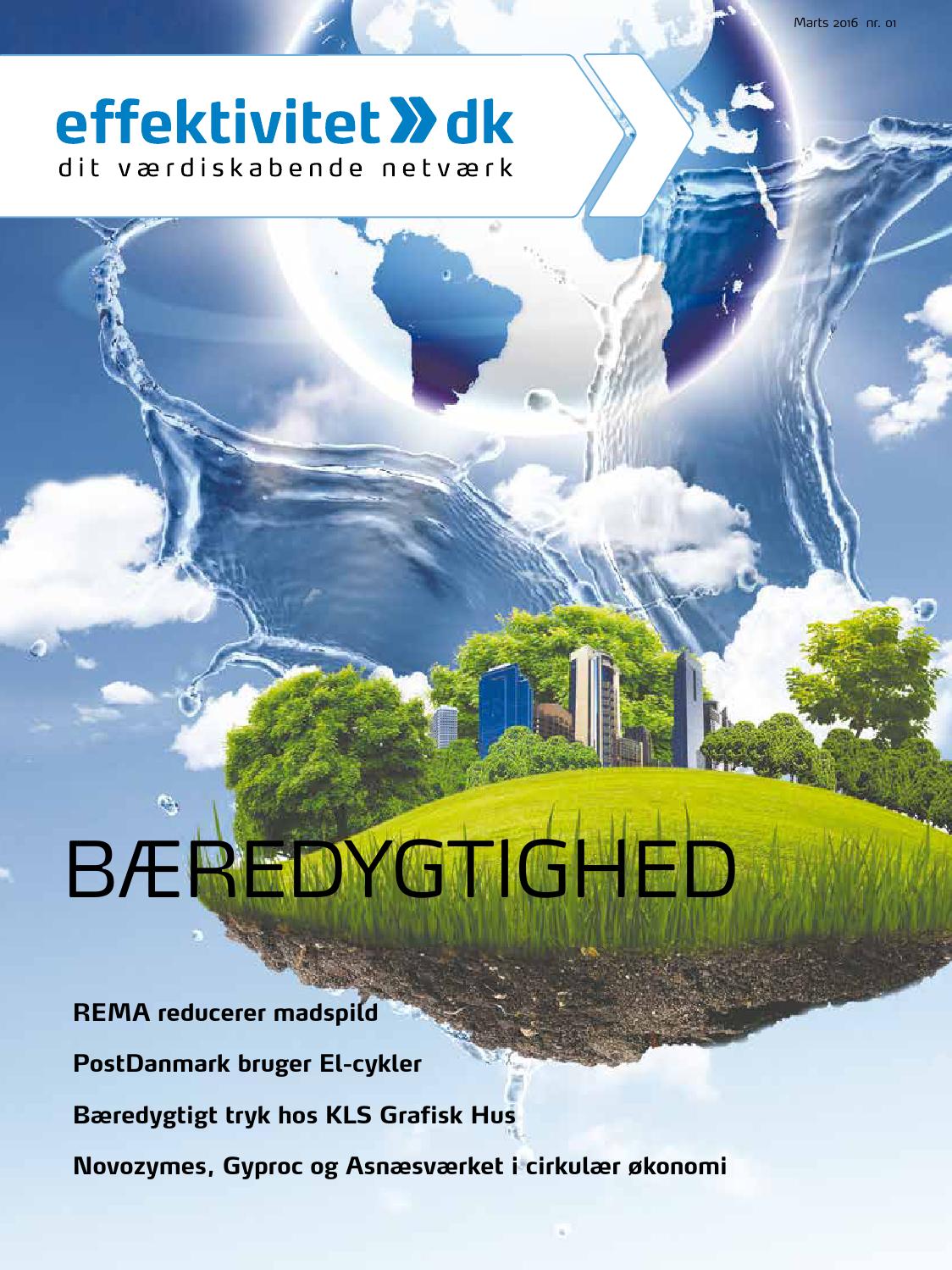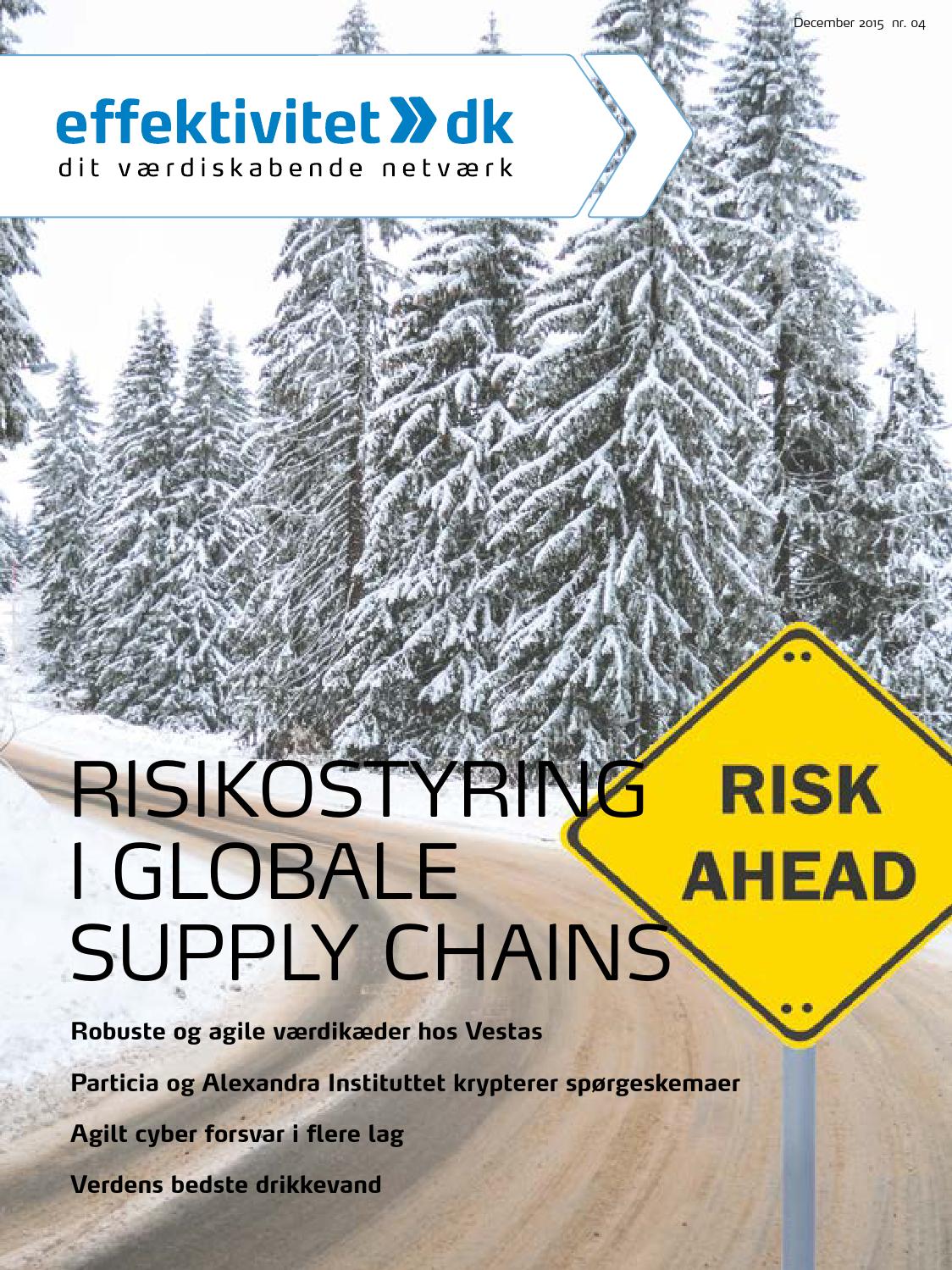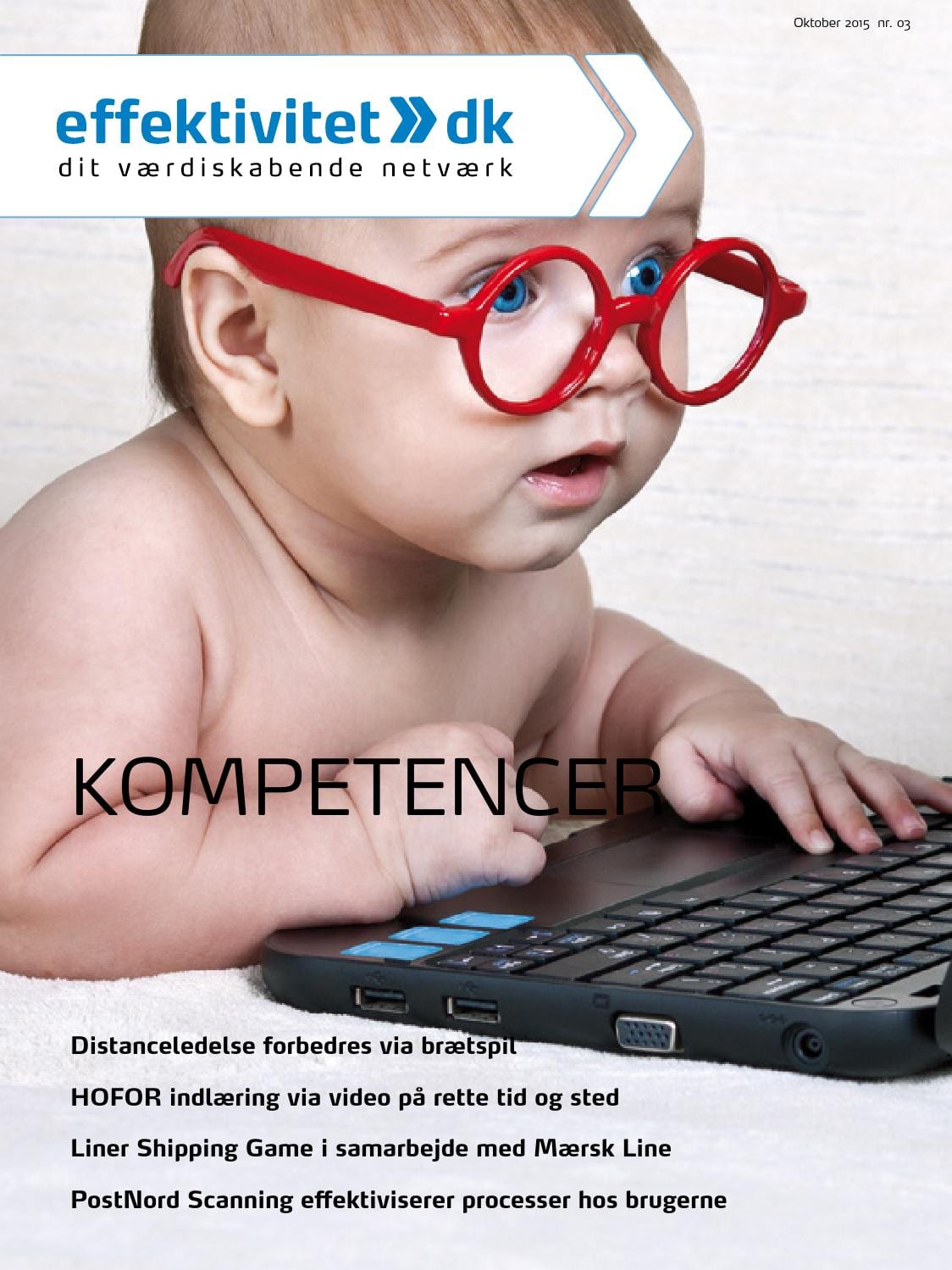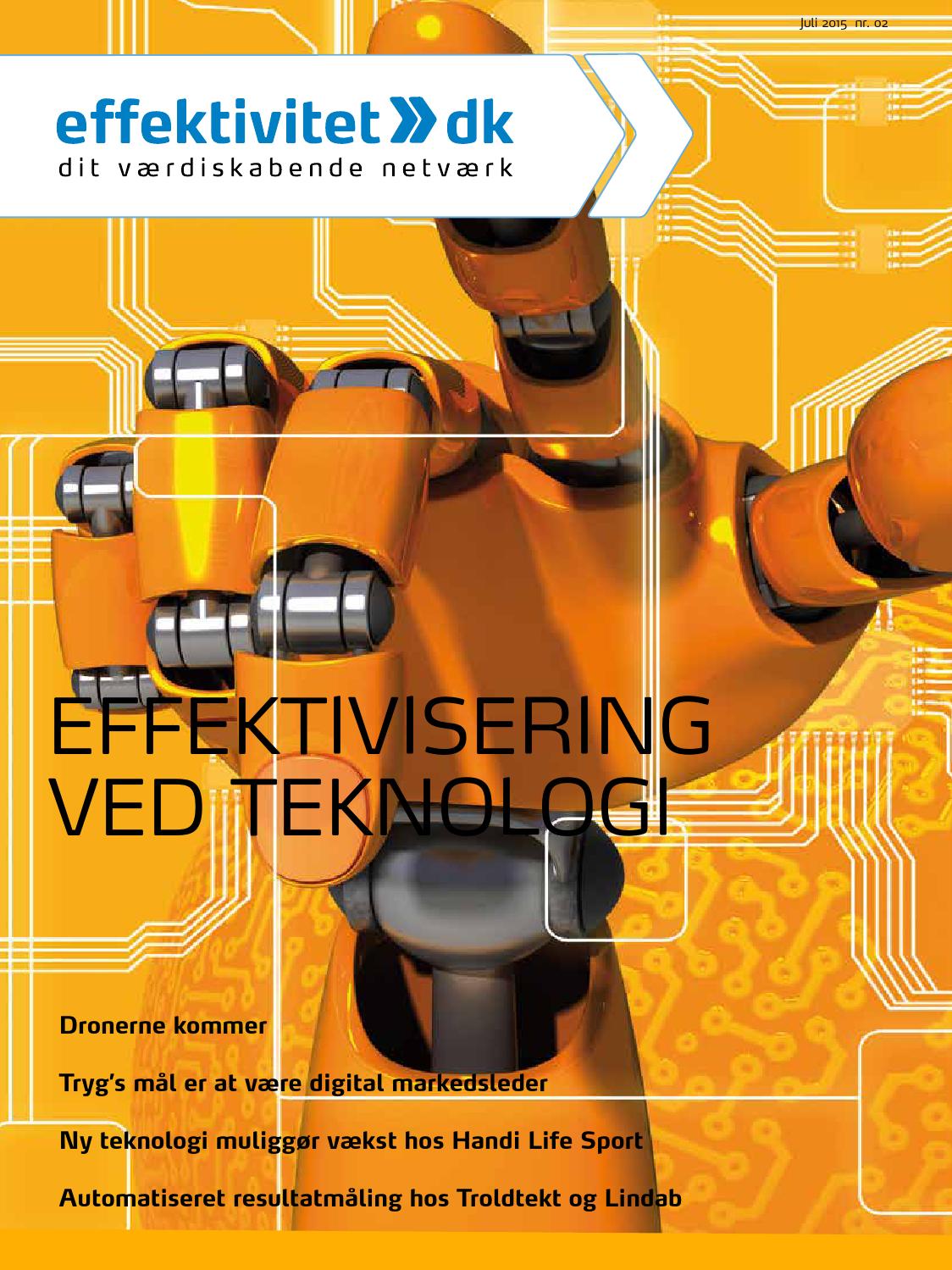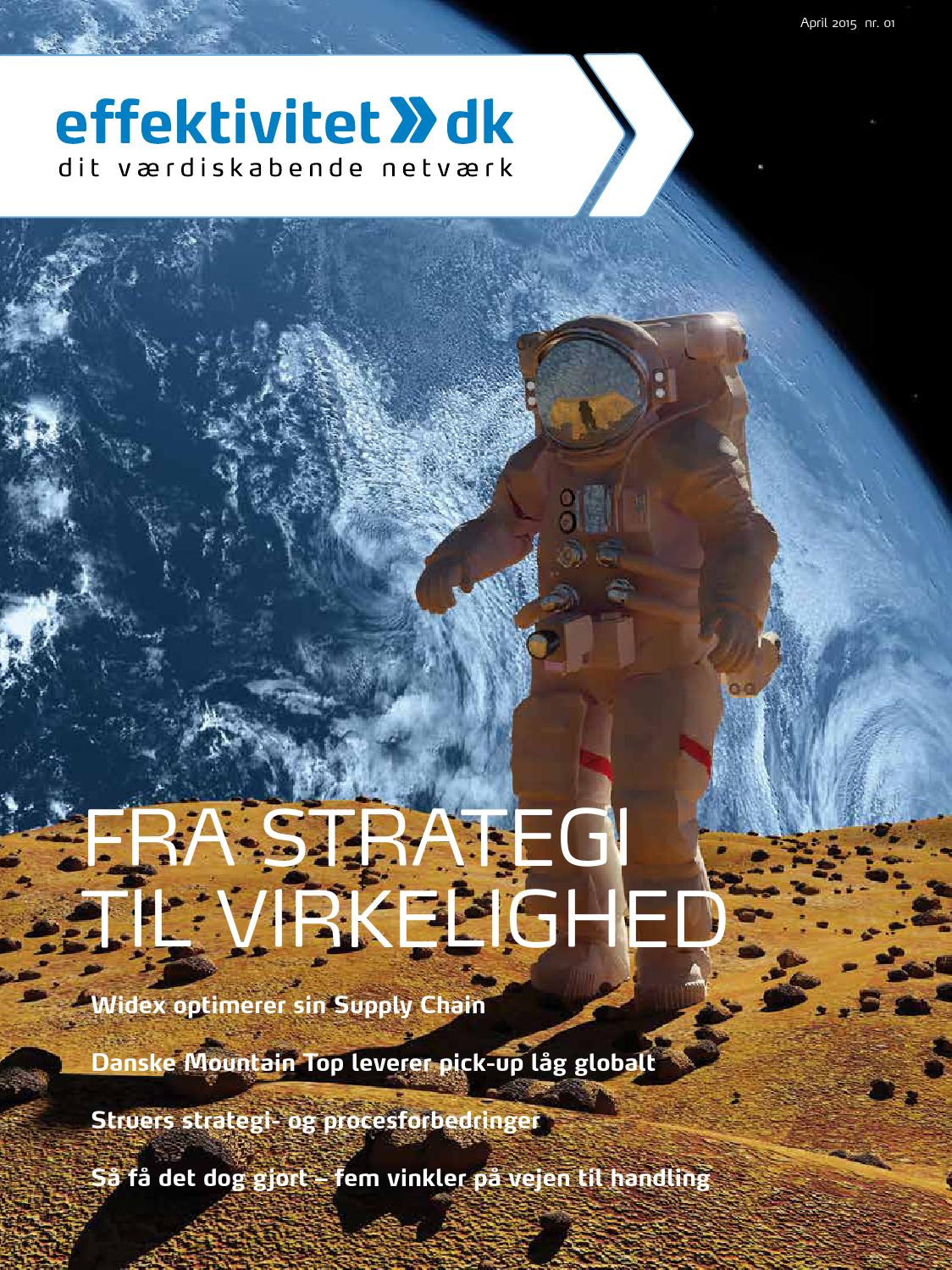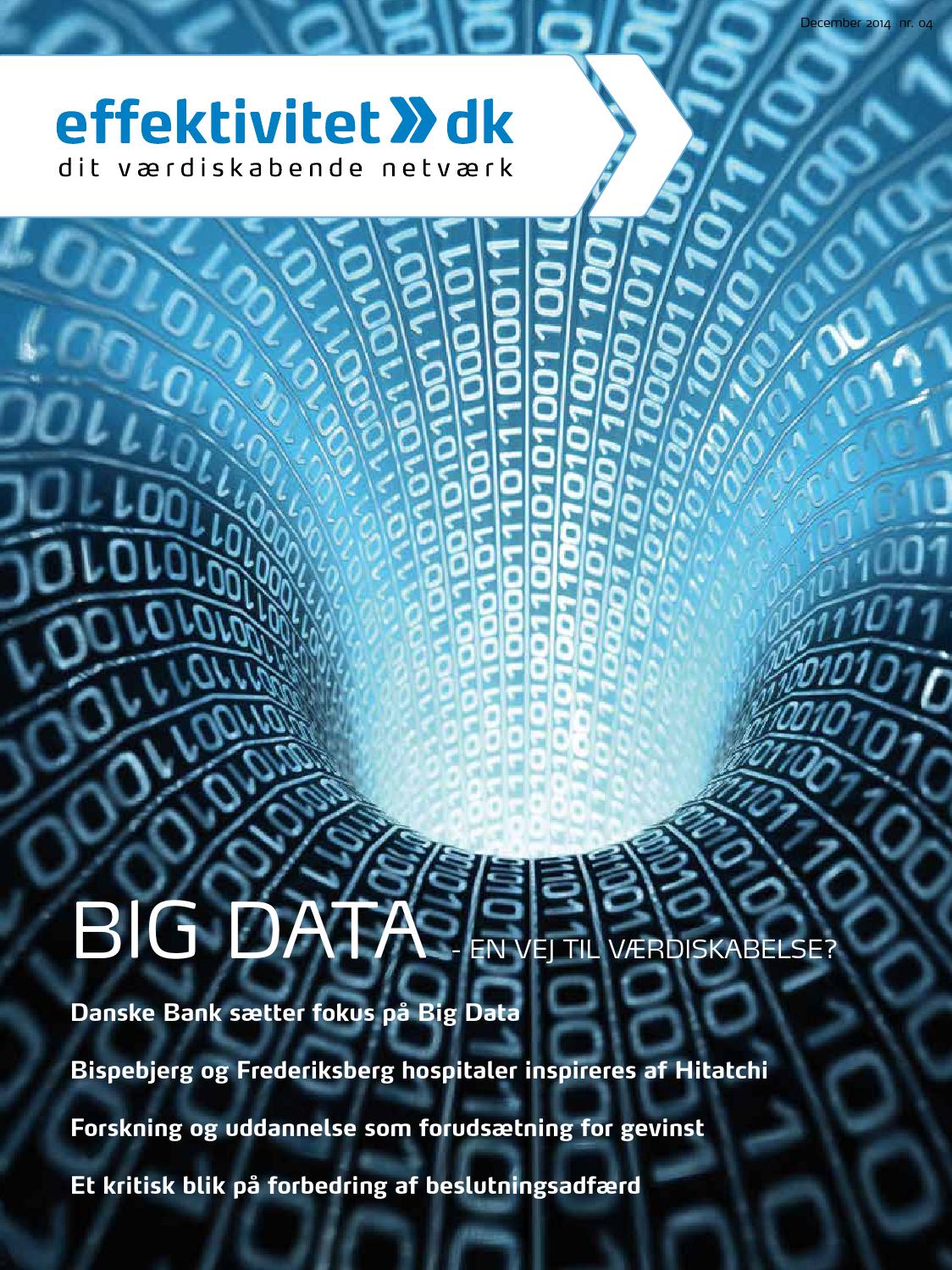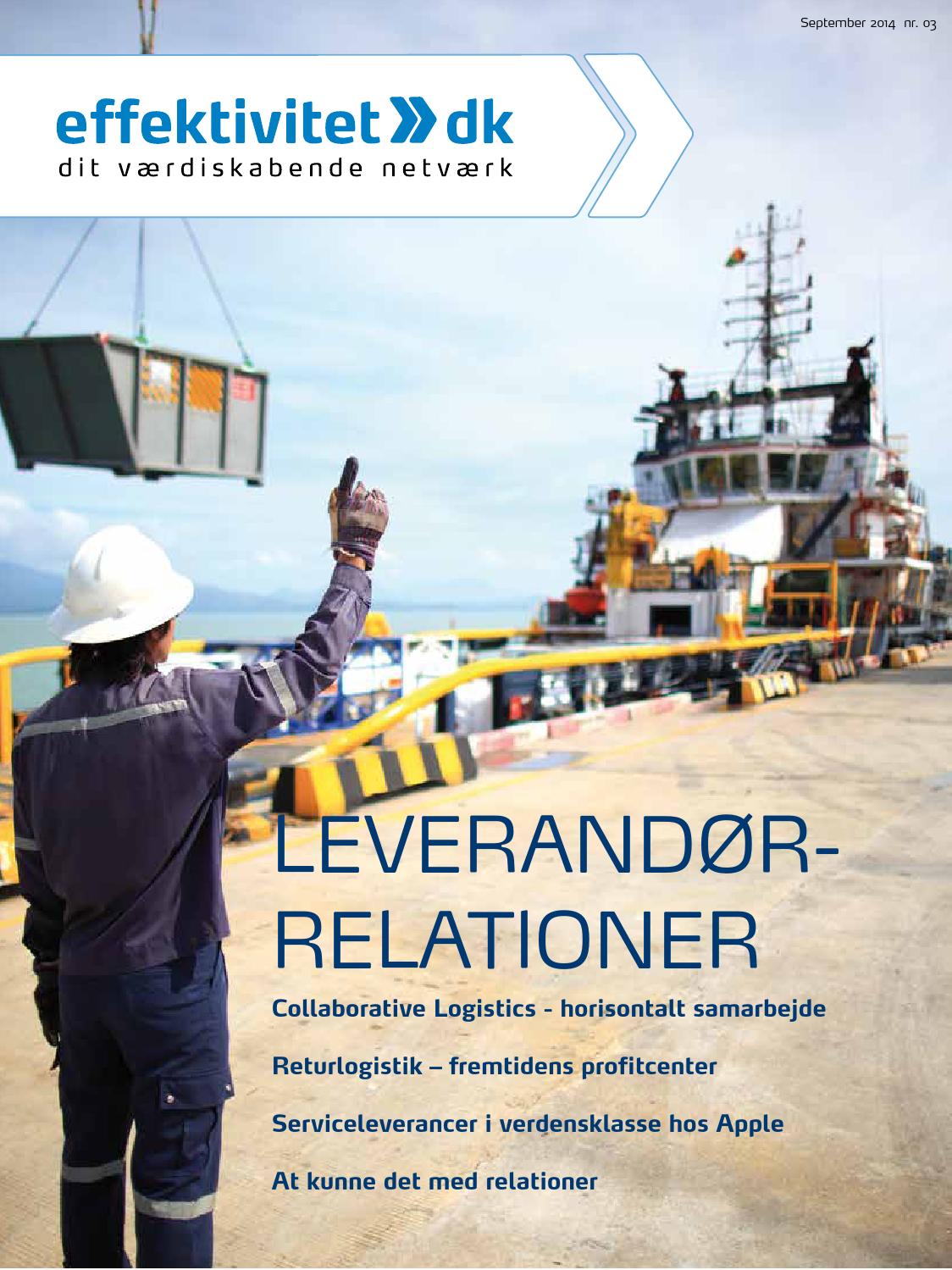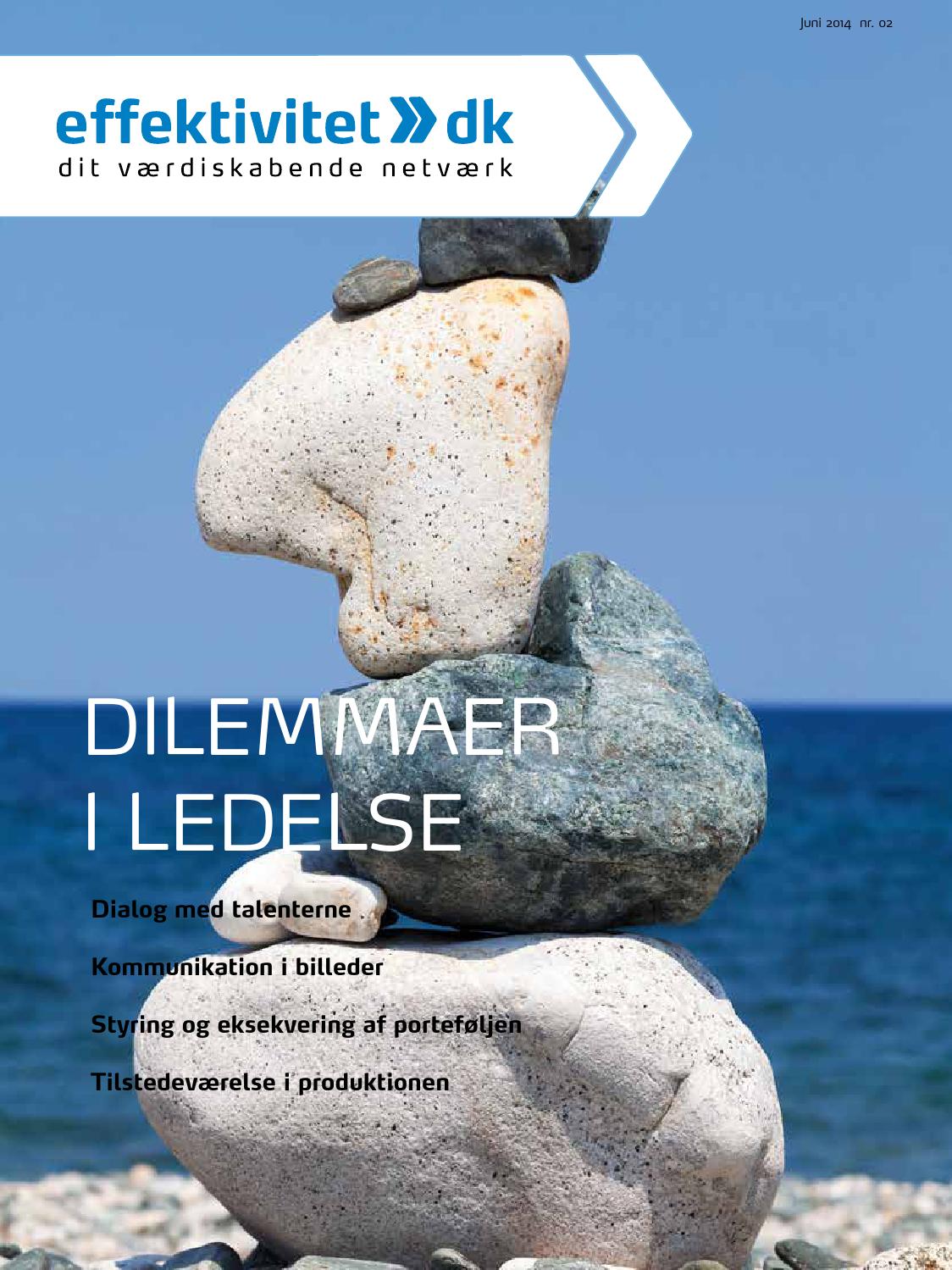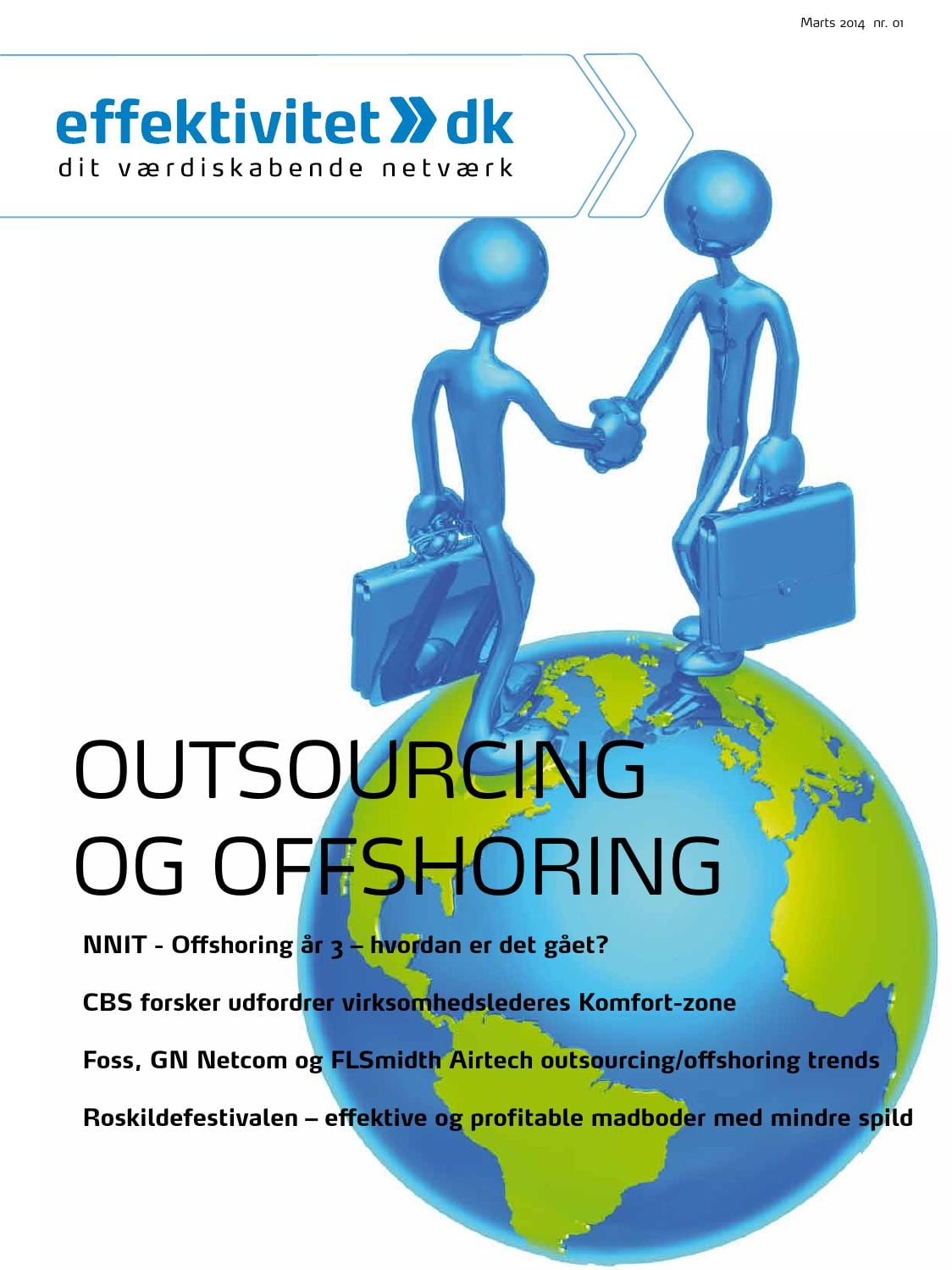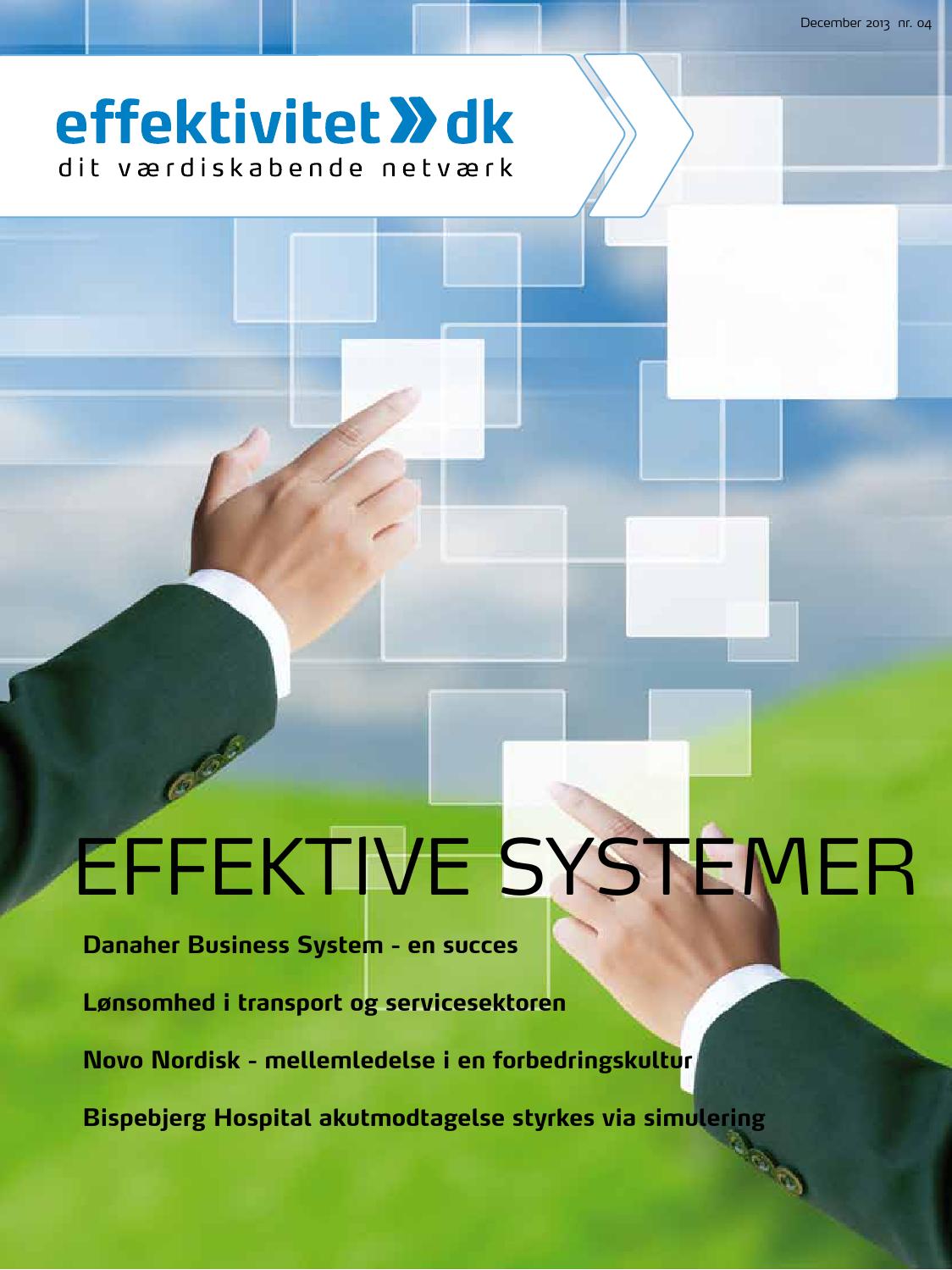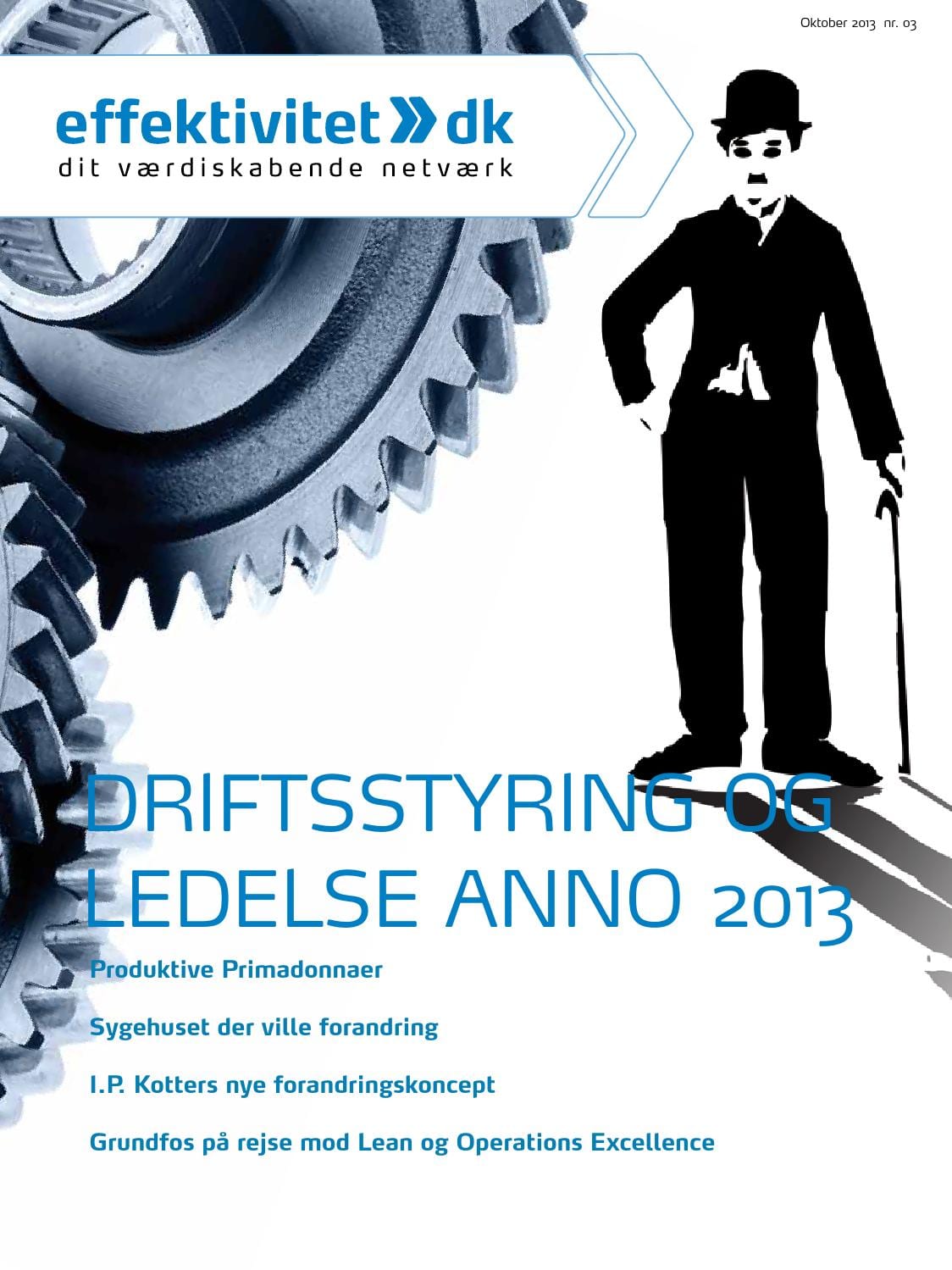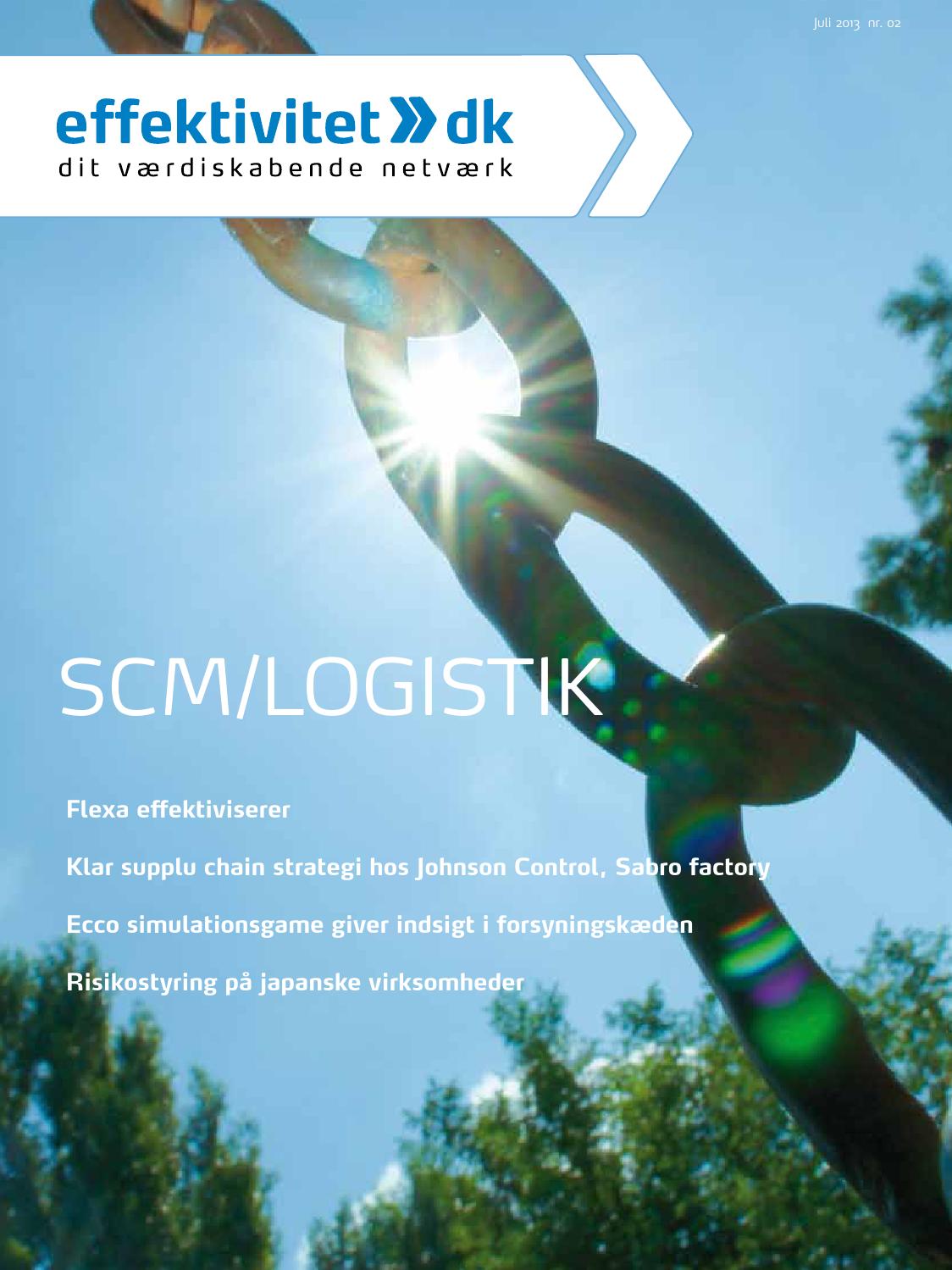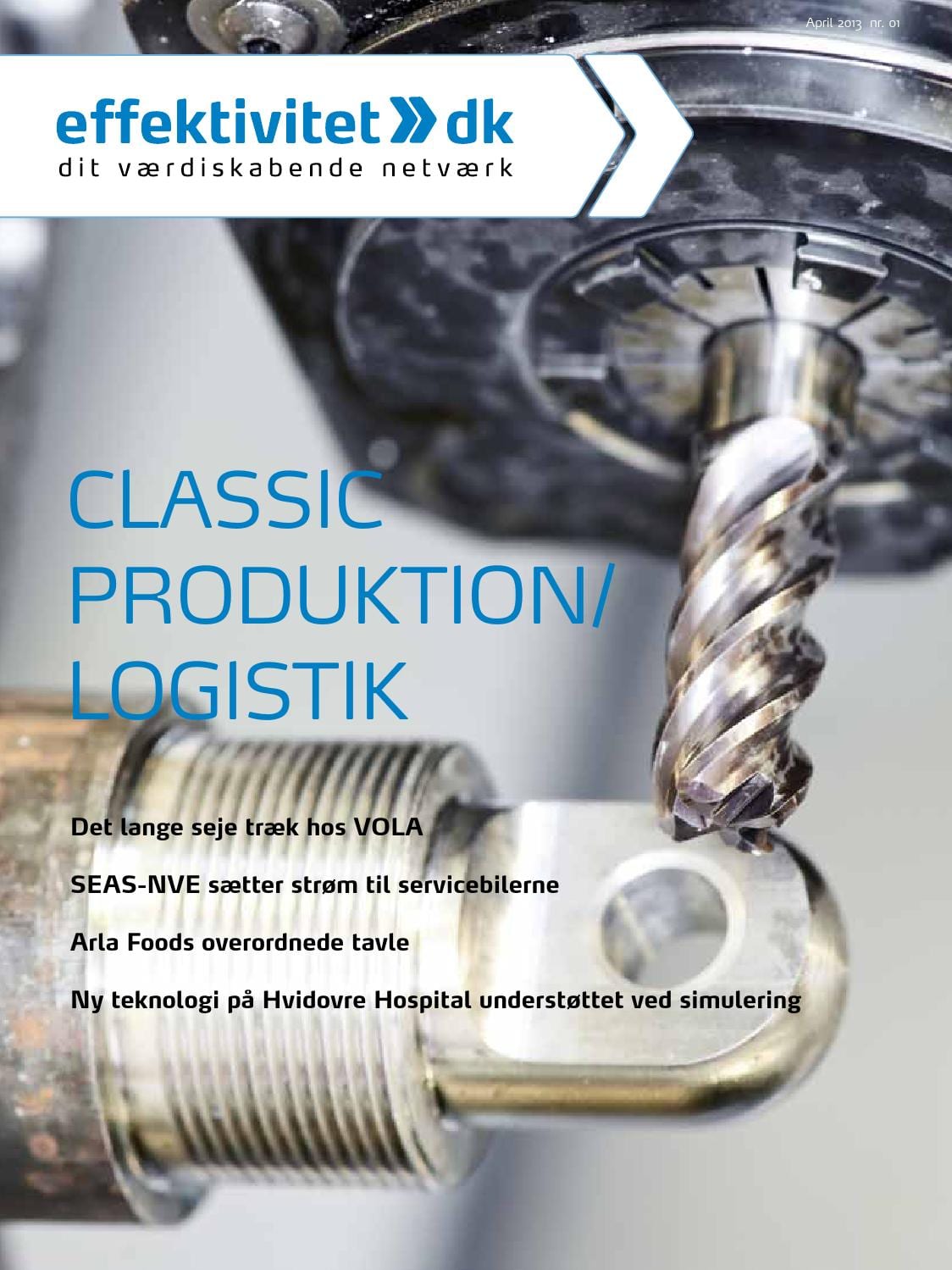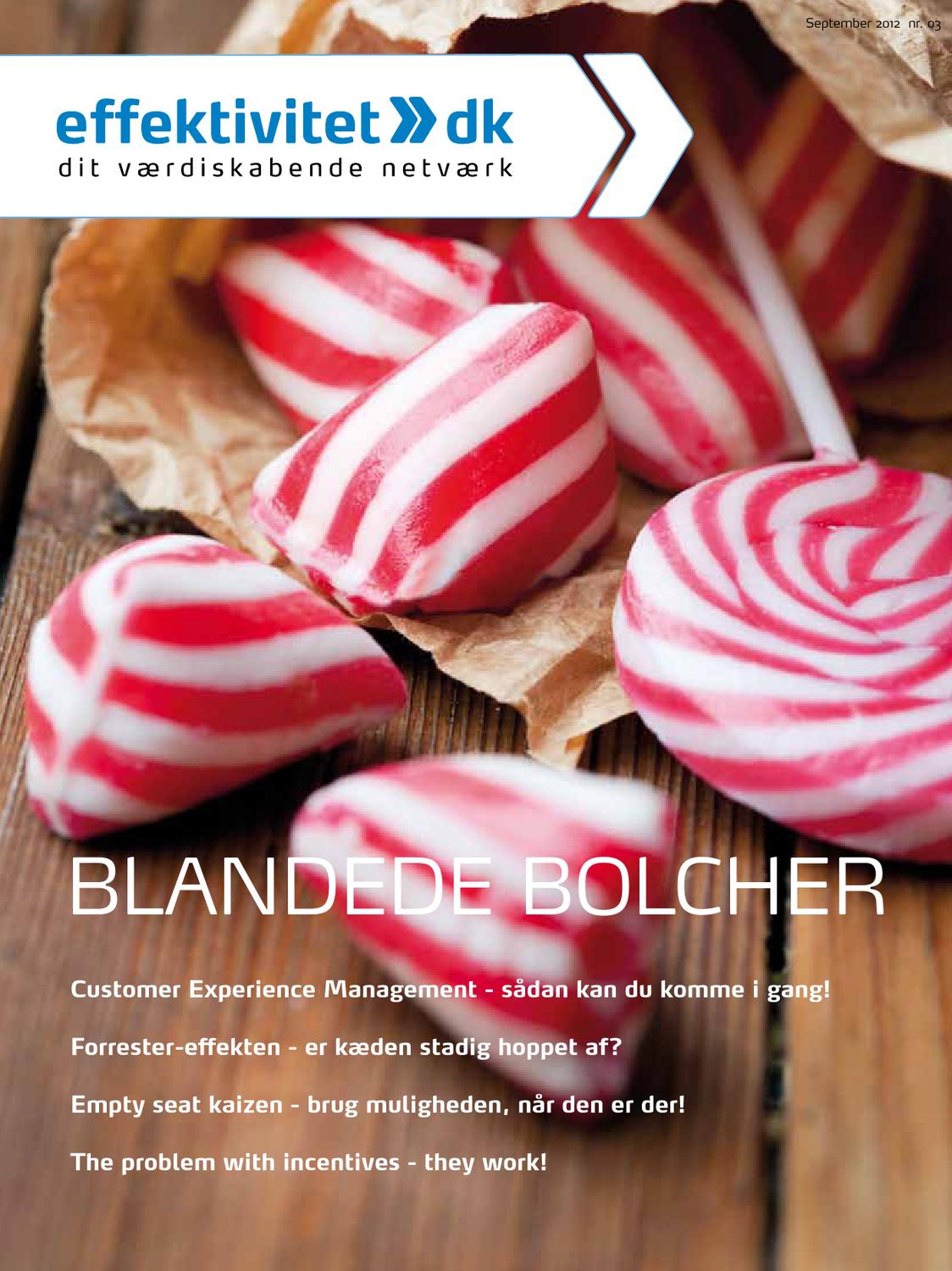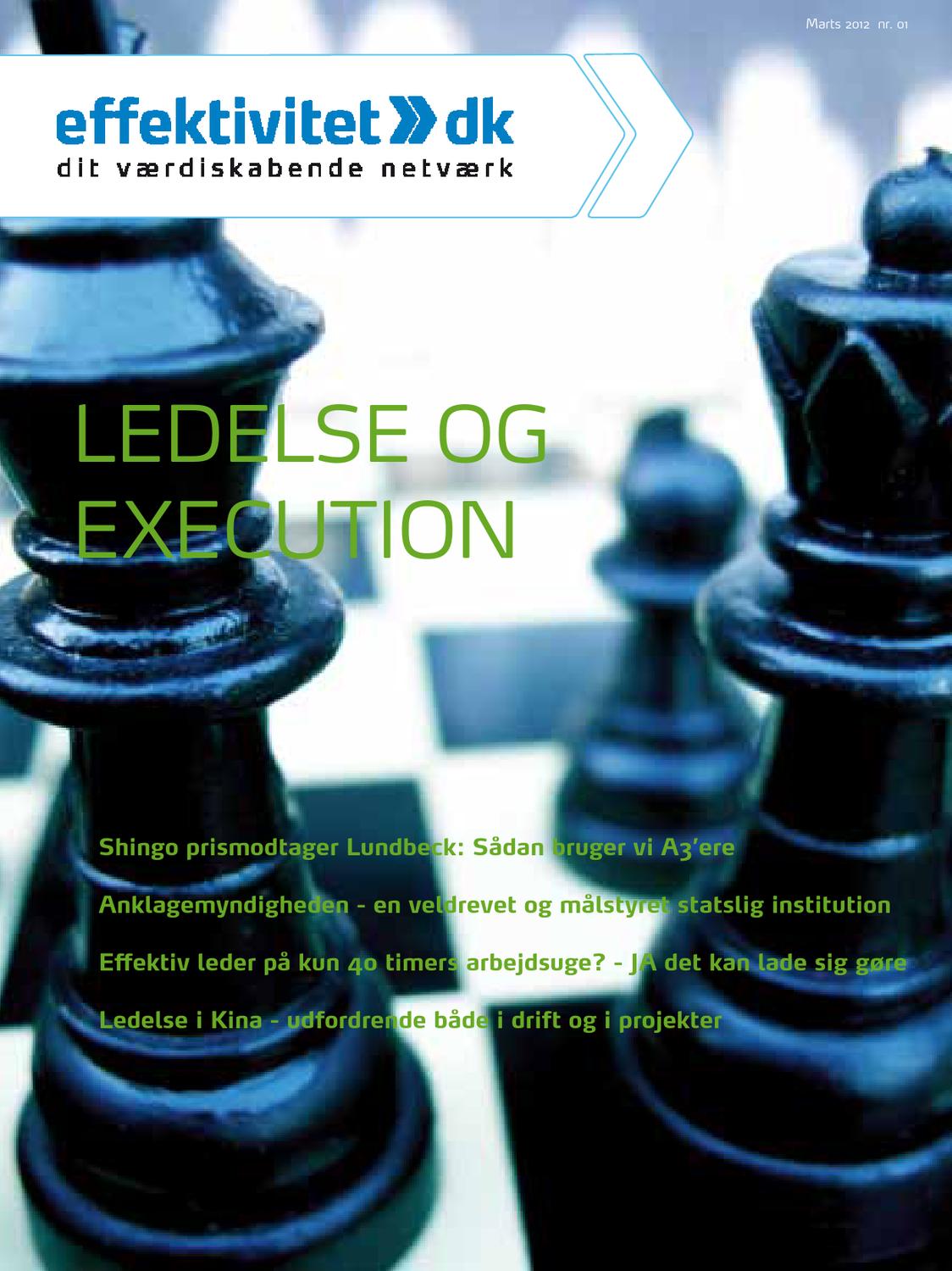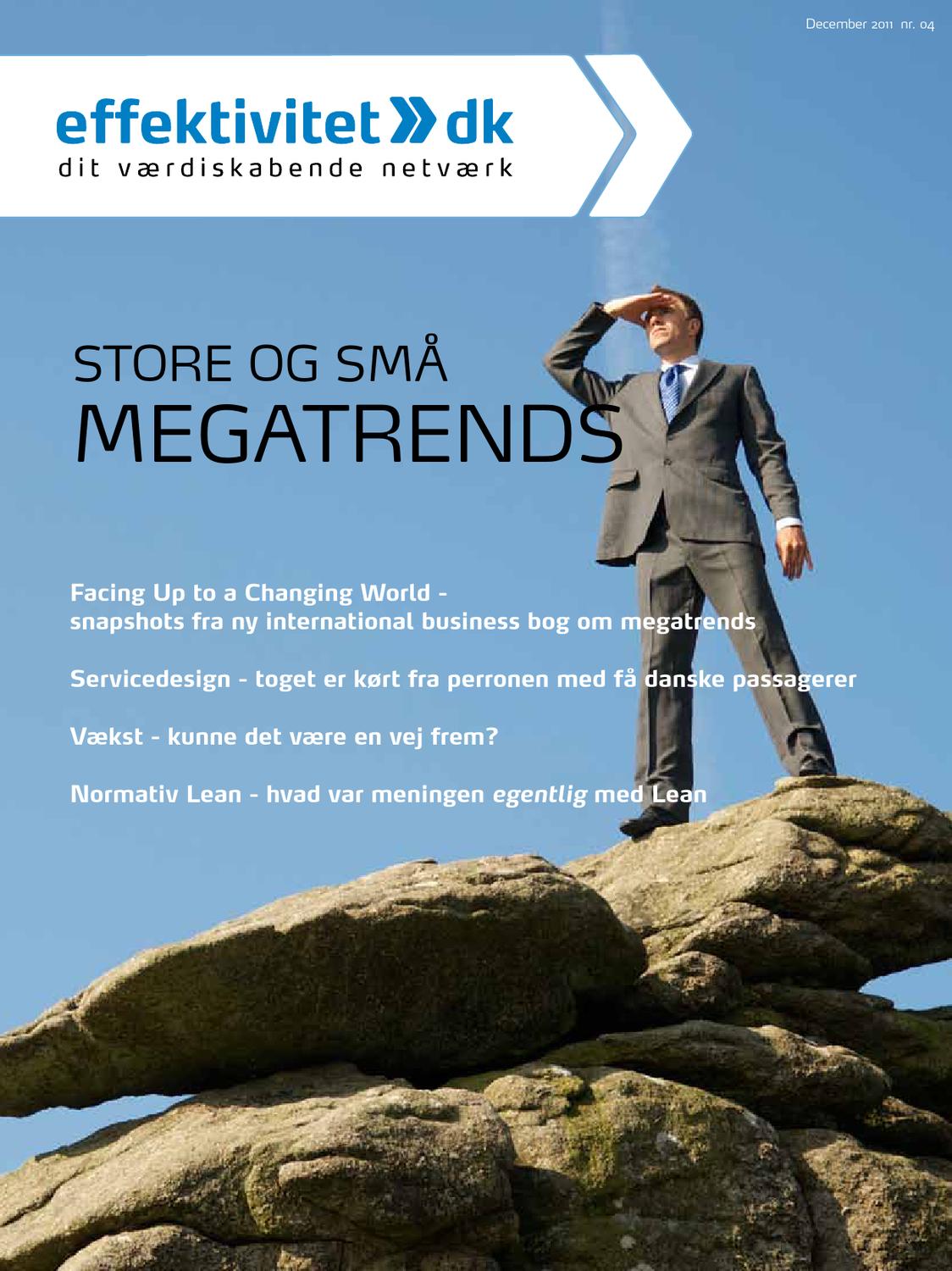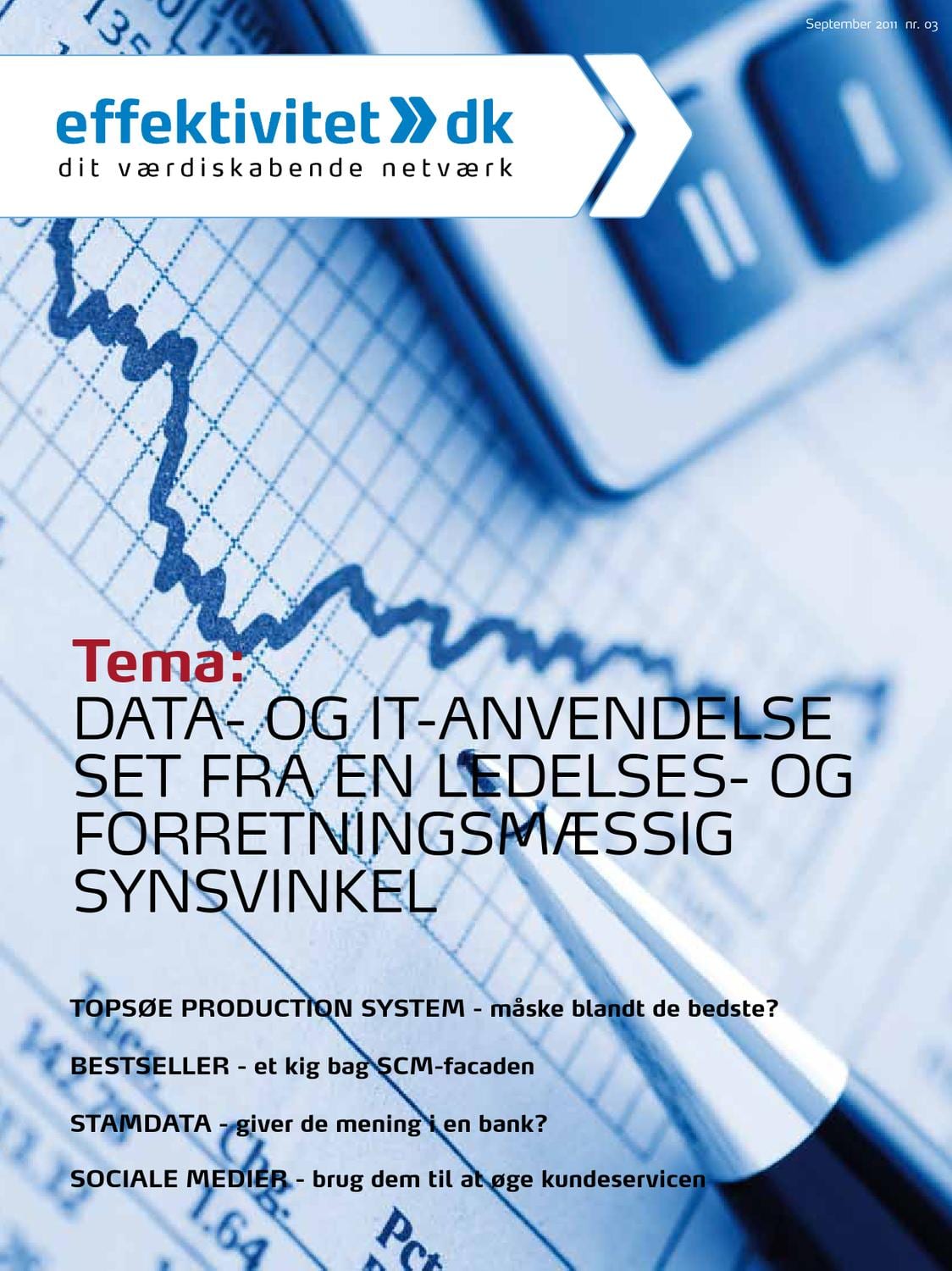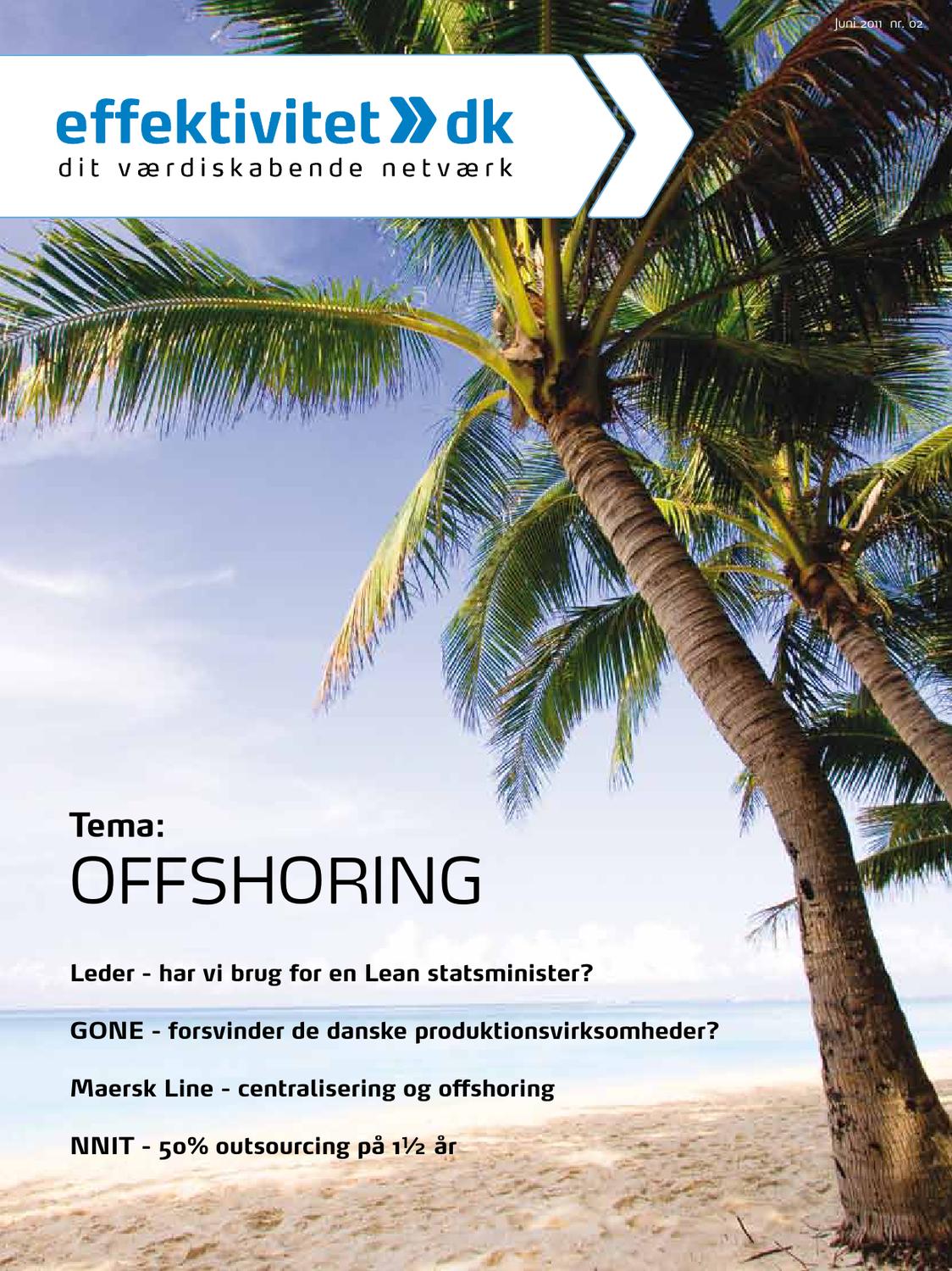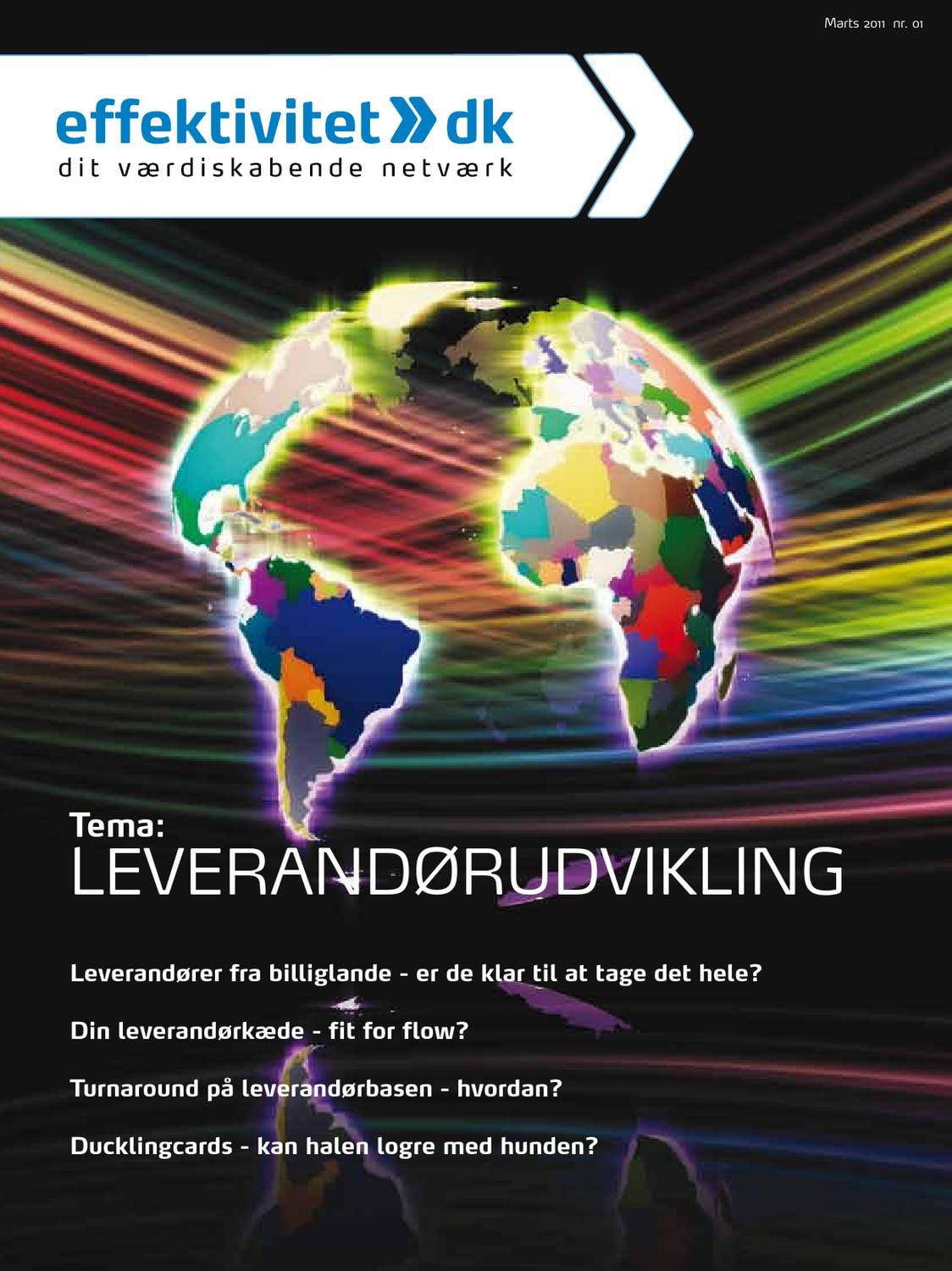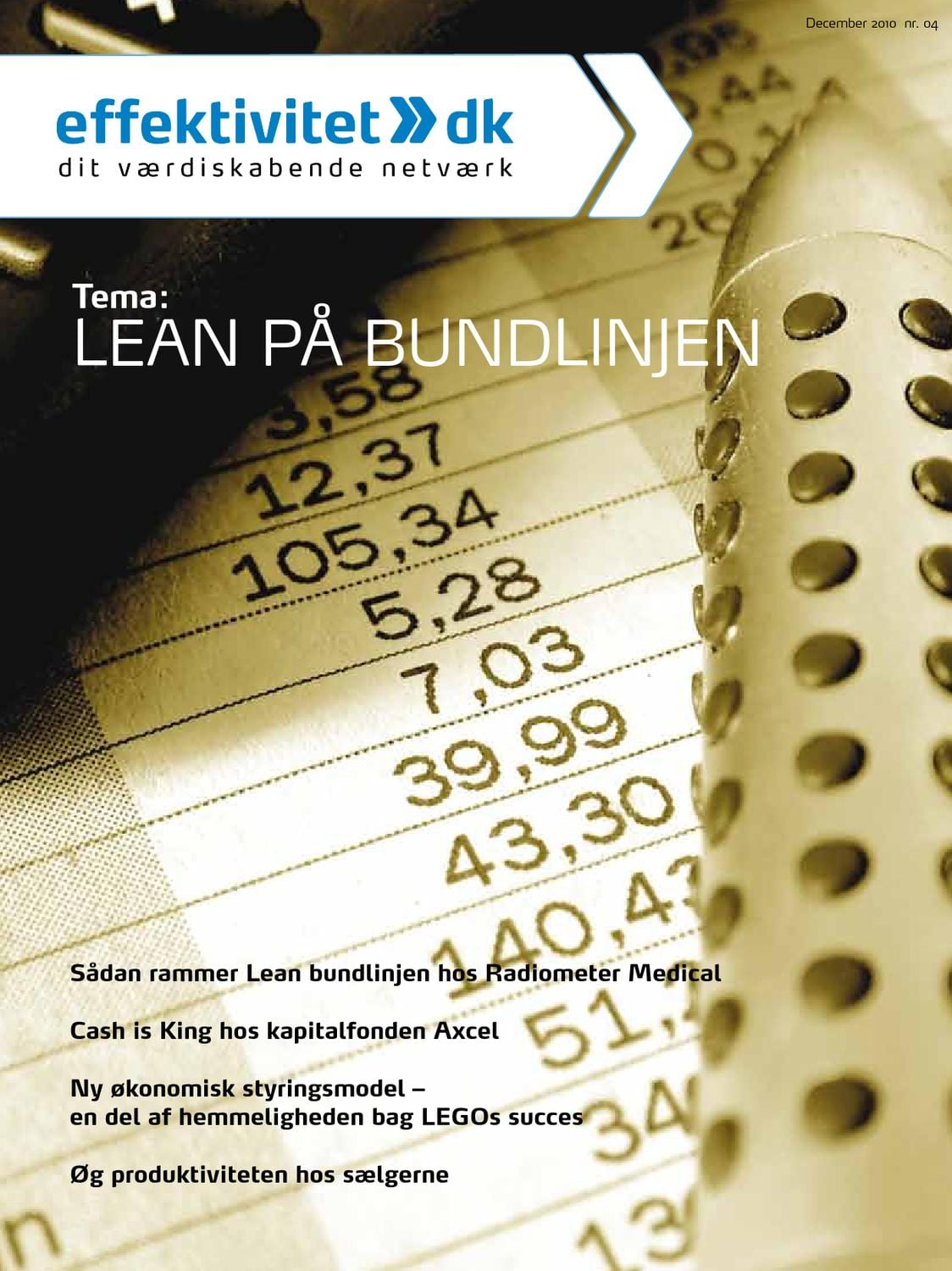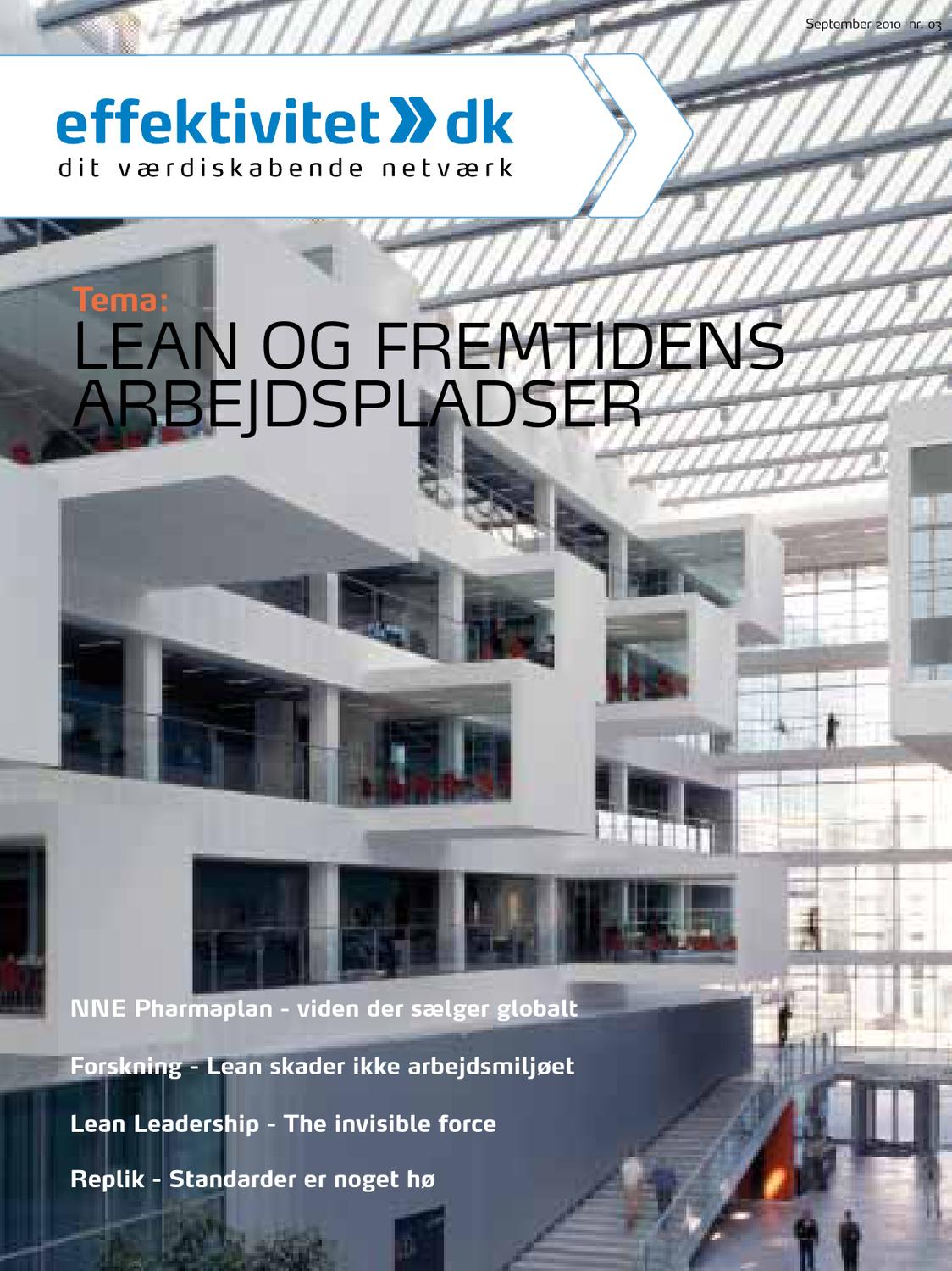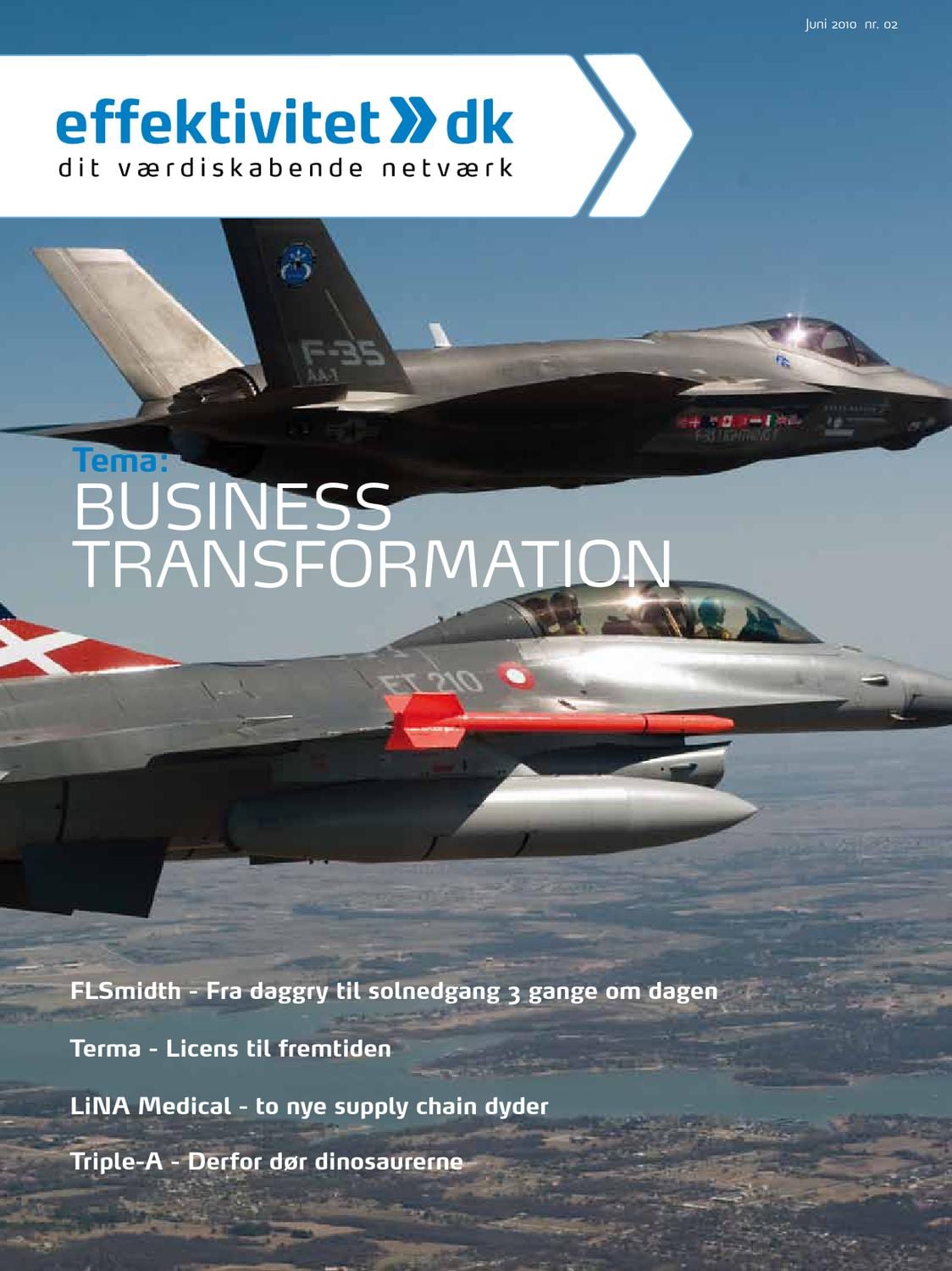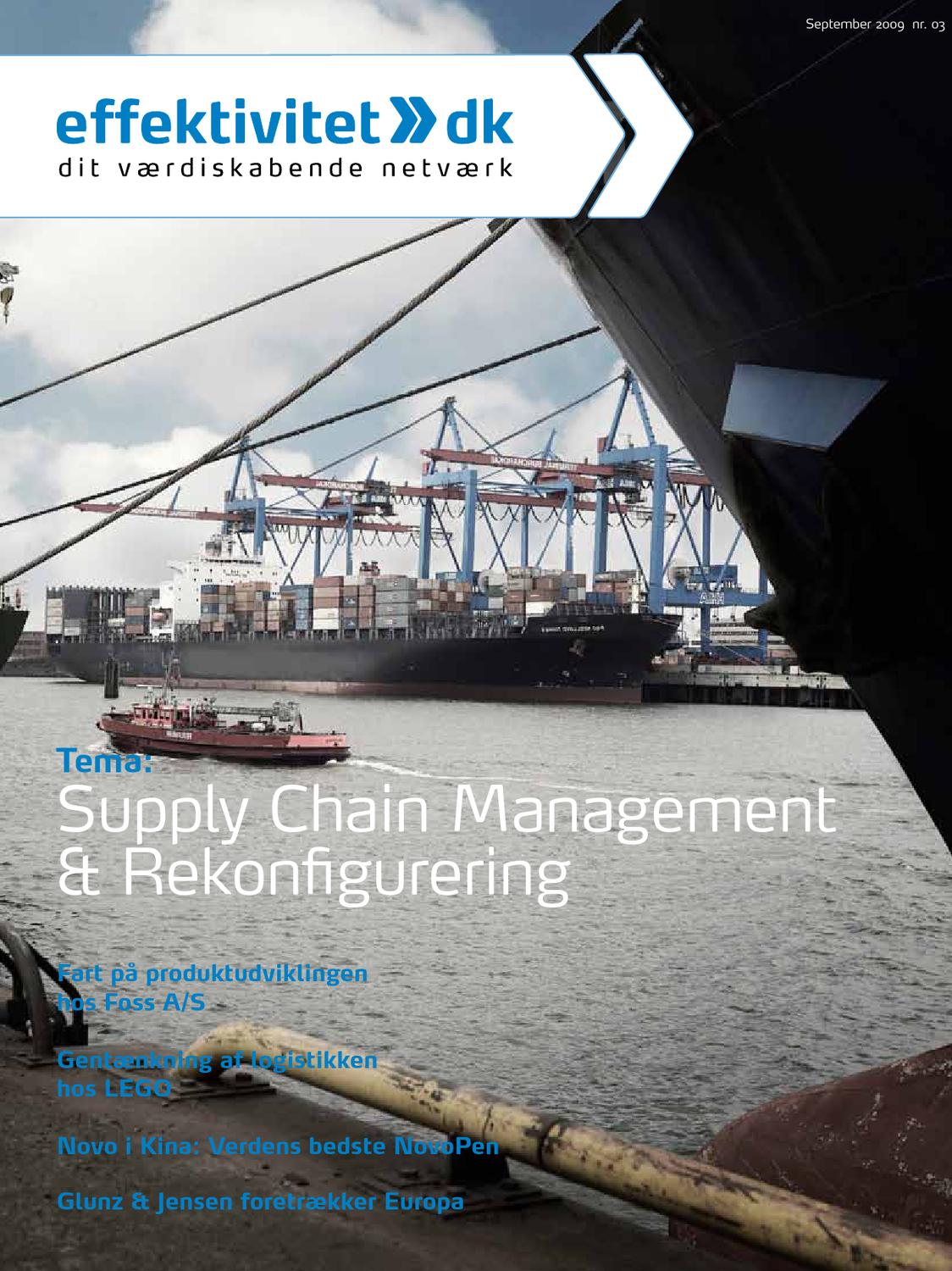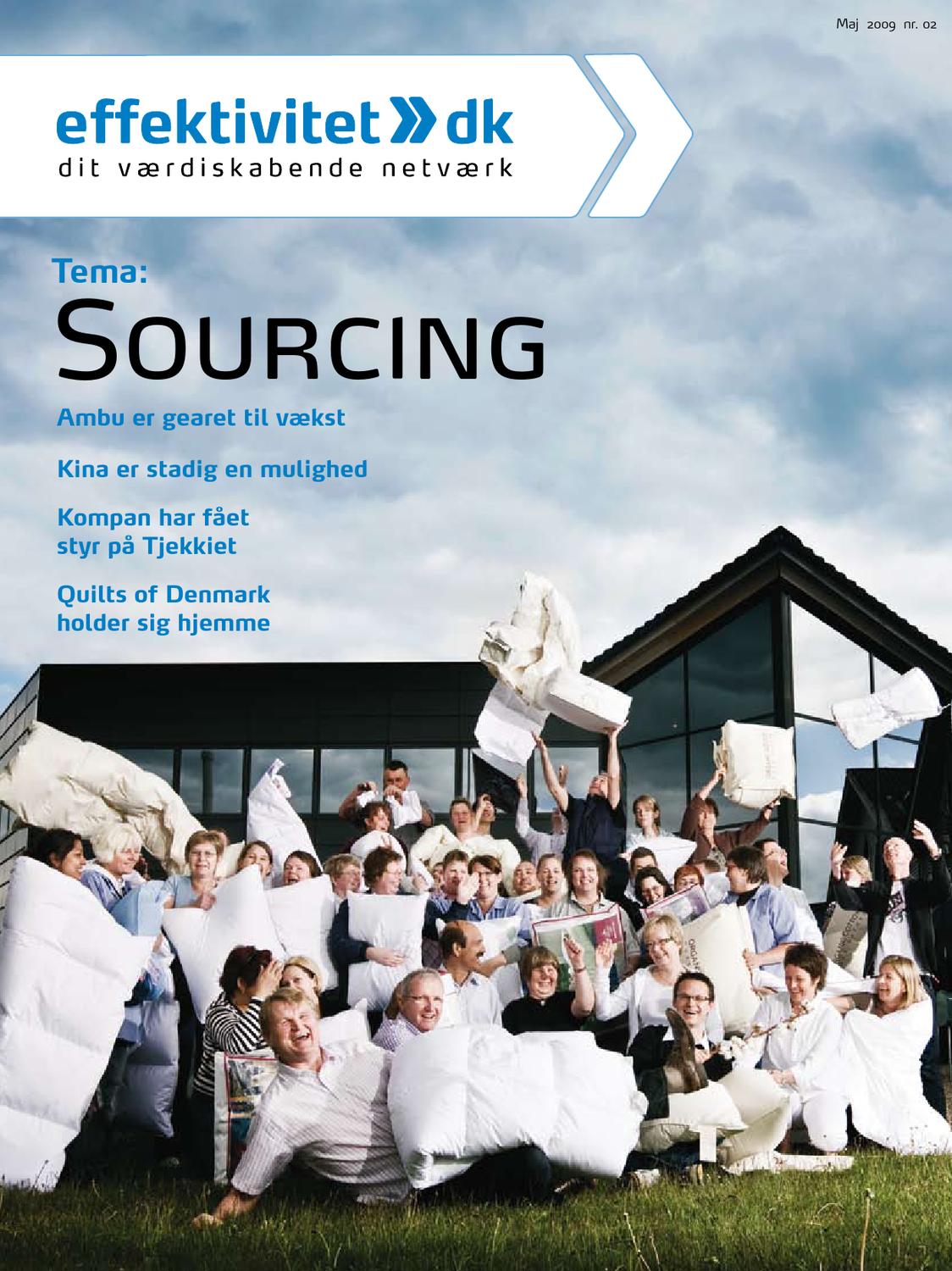Canadian, Chinese and CBS students
Originally, they come from Canada, China or Denmark. But they are all here now because of a unique collaboration over three terms. It is a collaboration between University of British Columbia, Chinese University of Hong Kong and Copenhagen Business School for the benefit of the selected Supply Chain Management students. The student alternates between the three universities. They get Supply Chain knowledge and build up their own professional and personal network across continents. Next stop for the students is University of British Columbia in Vancouver.
But this afternoon they are here at CBS listening to Jeff Yeung from Chinese University of Hong Kong speaking about the Global Digital Revolution and its impact on Supply Chain Management, and listening to René Sidor, General Manager, European Logistics, Dachser Denmark speaking about “City Distribution anno 2017: More than bringing parcels to consumers”. After they have listened to the key-note speakers of today the students circulate in the Atrium at CBS and talk to company representatives from DHL, DSV, Maersk, DB Schenker, Dachser, PostNord and Danish Freight Forwarders Association. There is no doubt that these students get the best off both worlds: the university environment and the business environment in Canada, China and Denmark. And the fact that the companies are represented at the Meet & Greet means that it is also about internship.
Alibaba: 256,000 transactions per second
It does not happen that often. But Jeff Yeung’s presentation gives you a slightly different view of the world. The subject is why digital firms take over and change both consumer habits and the associated supply chains.
Jeff compares the invention and development of the engine with the invention and the development of the Internet. He compares the global perspective for these two inventions and developments. Due to the invention and development of the engine, vehicles could replace transport with horses. That led to more frequent travelling, which again led to highways, suburbs and shopping Centers. Because of the invention and development of the Internet – information on paper can be replaced by the Internet. That means opportunities for more frequent orders and faster updates – and that again will require Supply Chain Restructuring.
Jeff introduces the students and the rest of the audience to the Alibaba Group. Alibaba provides C2C, B2C and B2B sales services via web portals, as well as electronic payment services, shopping search engines and cloud computing services. And it is surprising, when Jeff let us all know that Alibaba in Singels day in 2017 set a world record for payment transactions with 256,000 transactions per second. Singles day is November 11 every year and an entertainment festival among young Chinese people, who celebrate the fact that they are proud of being single. The date is chosen, because the number “1” resembles an individual. The total number of transactions went up to 1.48 billion, resulting in 700 million delivery orders through Cainiao, which is Alibaba’s logistics affiliate.
Alibaba’s logistics affiliate Cainiao operates a proprietary logistics information platform that links a network of logistics providers, warehouses and distribution centers together in order to enable higher efficiency in China’s logistics industry. The platform allows participants to confidentially share information on orders, delivery status and user feedback. The information flow and related data analysis empowers delivery companies to provide high quality service to both merchants and consumers. In contrast to Amazon, Alibaba and Cainiao have no storage facilities.
Amazon is still the largest Internet retailer in the world, measured by revenue and market capitalization. But Alibaba Group is growing faster than Amazon. Jeff´s conclusion is that both Amazon and Alibaba will take over the world, and that the shopping centers will change. It will be interesting to follow the development of the new different Supply Chain Management principles and the shopping center changes, all based on the opportunities that the internet creates. The students’ skills will be important in this context.
The need for Supply Chain Restructuring.
Individual logistics solution for every city
When René Sidor looks at all the students at CBS, he gets a flashback. 25 years ago René was a Supply Chain Student at CBS. Now René is Managing Director Nordic at the German family owned company called Dachser Nordic A/S, a logistics company with more than 27,450 employees and with 409 locations in 43 countries. Supply Chain Management is a fast game. René compares it to an ice hockey game, where you have to play the puck, not where your fellow player is at the moment, but to where he will be in few seconds.
However, fast deliveries are challenged by the global trend towards urbanization, city center traffic and regulations on air pollution in the cities. Each city has its own specific logistics requirements. An example is Paris, where only vehicles licensed in January 2011 or later will be allowed to enter the metropolitan area from 2020. Dachser analyzes each metropolitan region separately in order to be able to offer individual solutions for each city. Dachser cooperates with each city council to find sustainable and efficient logistics solutions. Examples are daily deliveries to the inner cities of Malaga, Paris and Stuttgart by electrically powered vehicles, and delivery time is reduced, fulfilling customer demands in Paris, by delivering to hospitals, restaurants and offices between 17:30 and 22:30.
René’s advice to anyone, who wants to work with city logistics, is to design inner city delivery concepts by combining proven and tested logistics systems with new ideas.
The conclusion on the two presentations must be that Jeff´s predictions about the Supply Chain opportunities created by the internet, requires city logistics solutions, such as described by René. Also that the Supply Chain skills that the students acquire from the three universities will be needed in the future.


